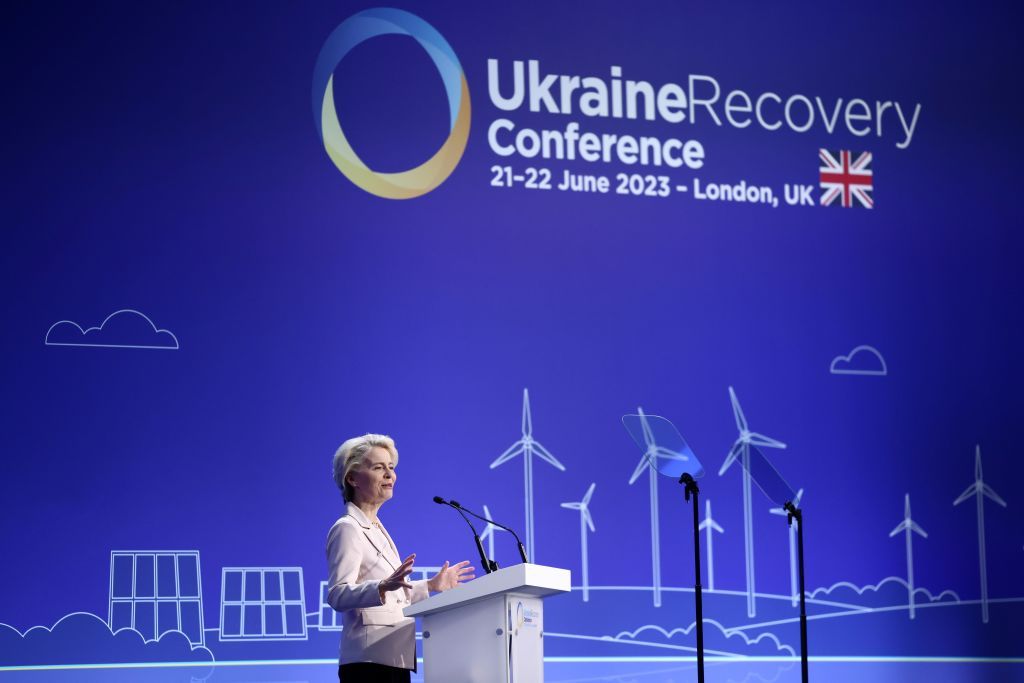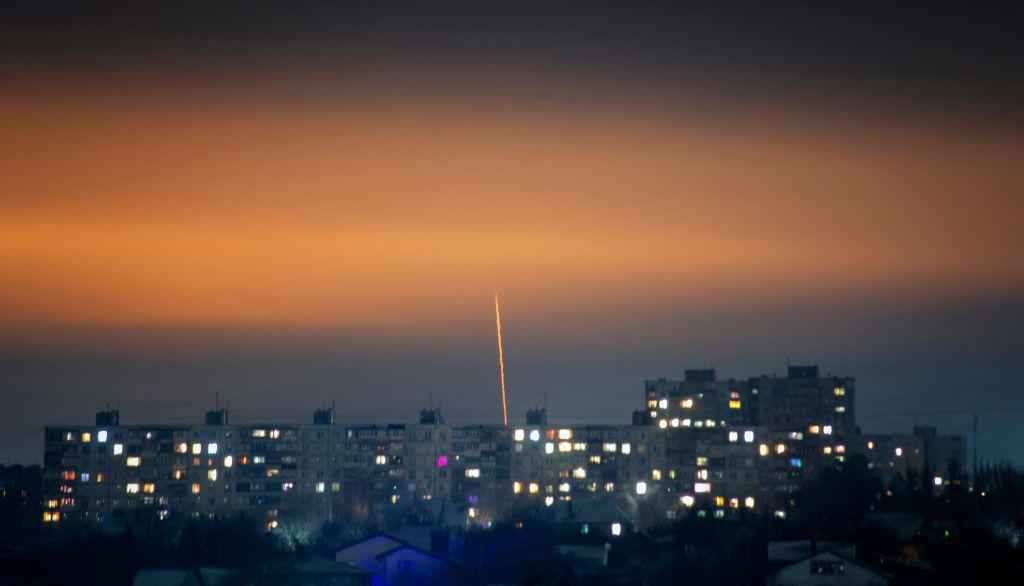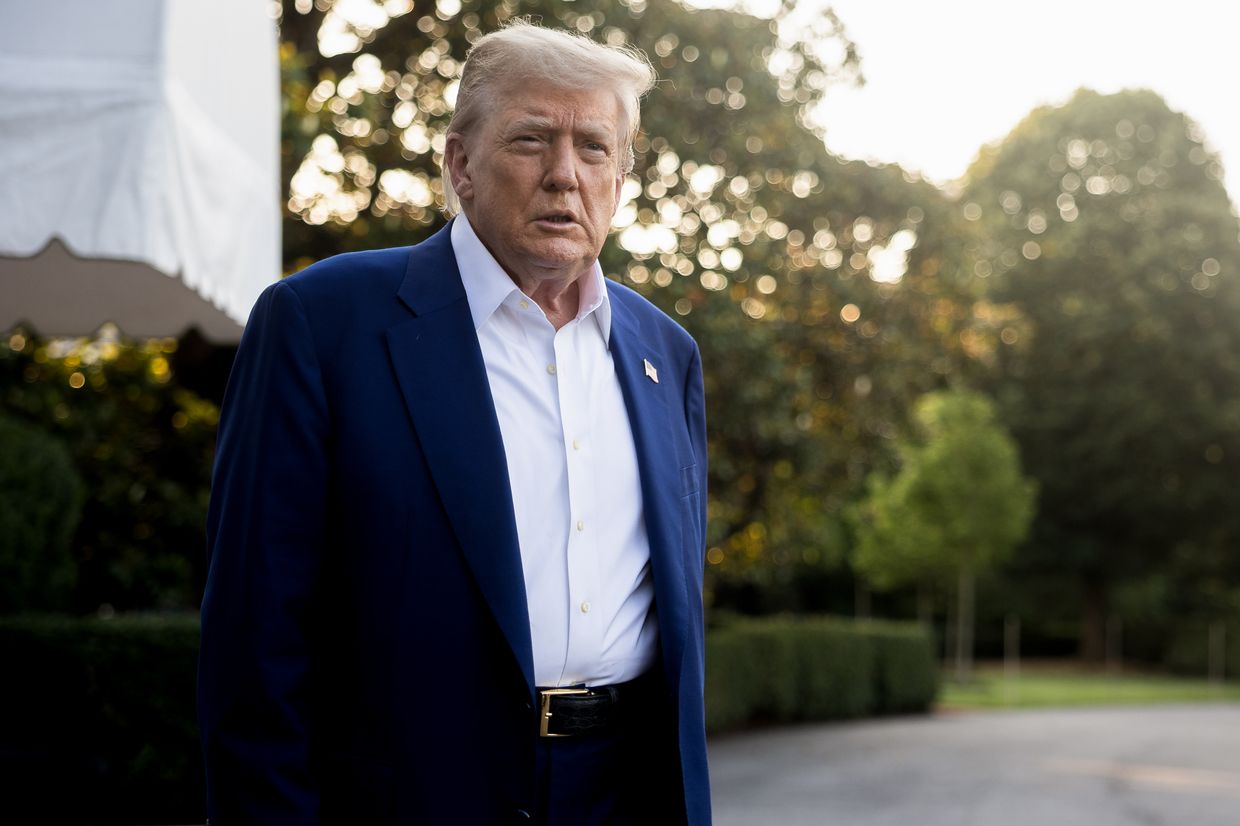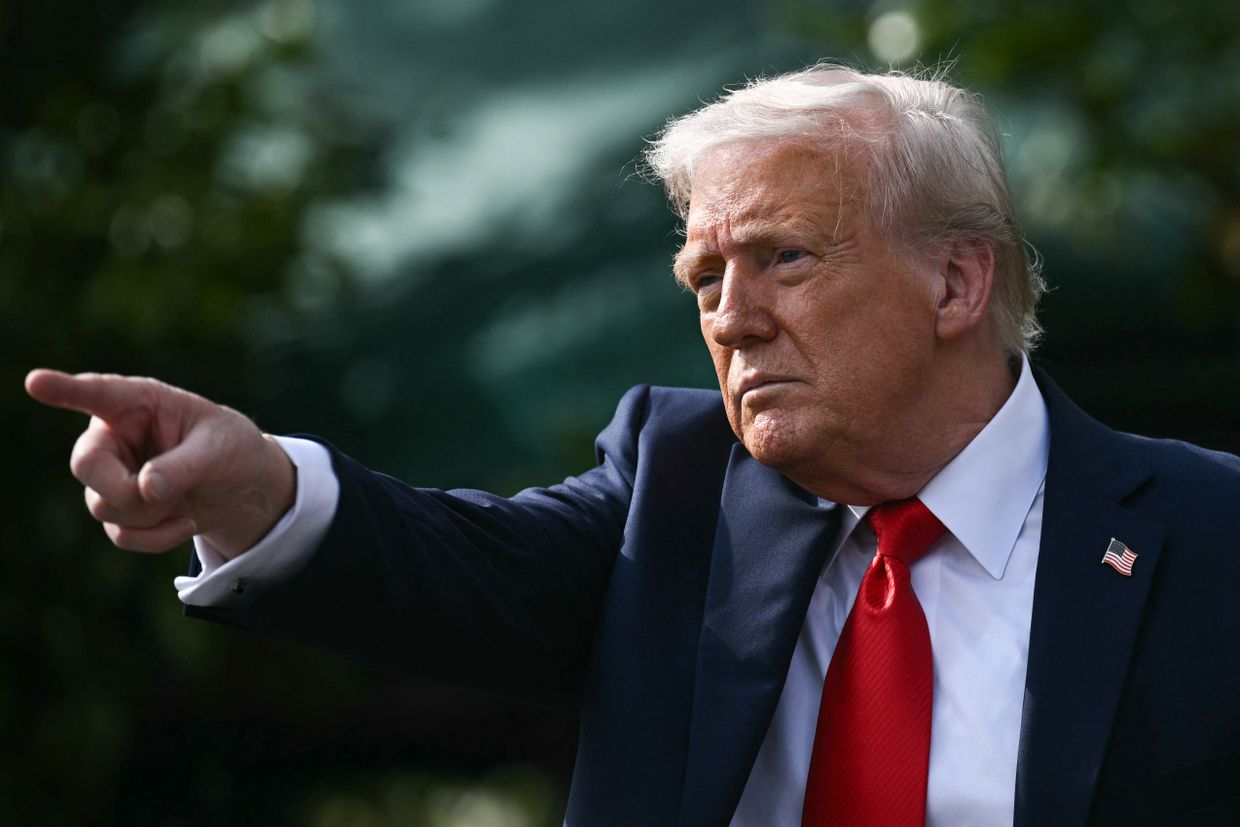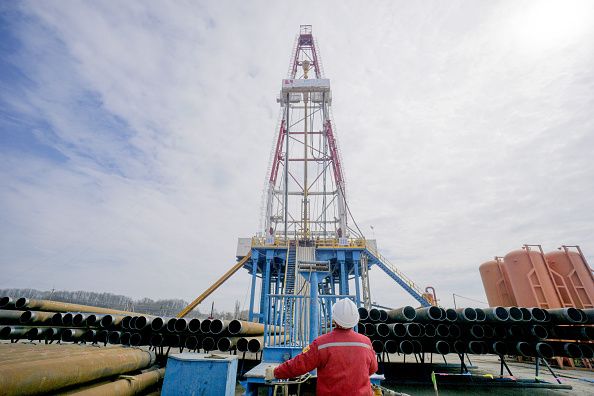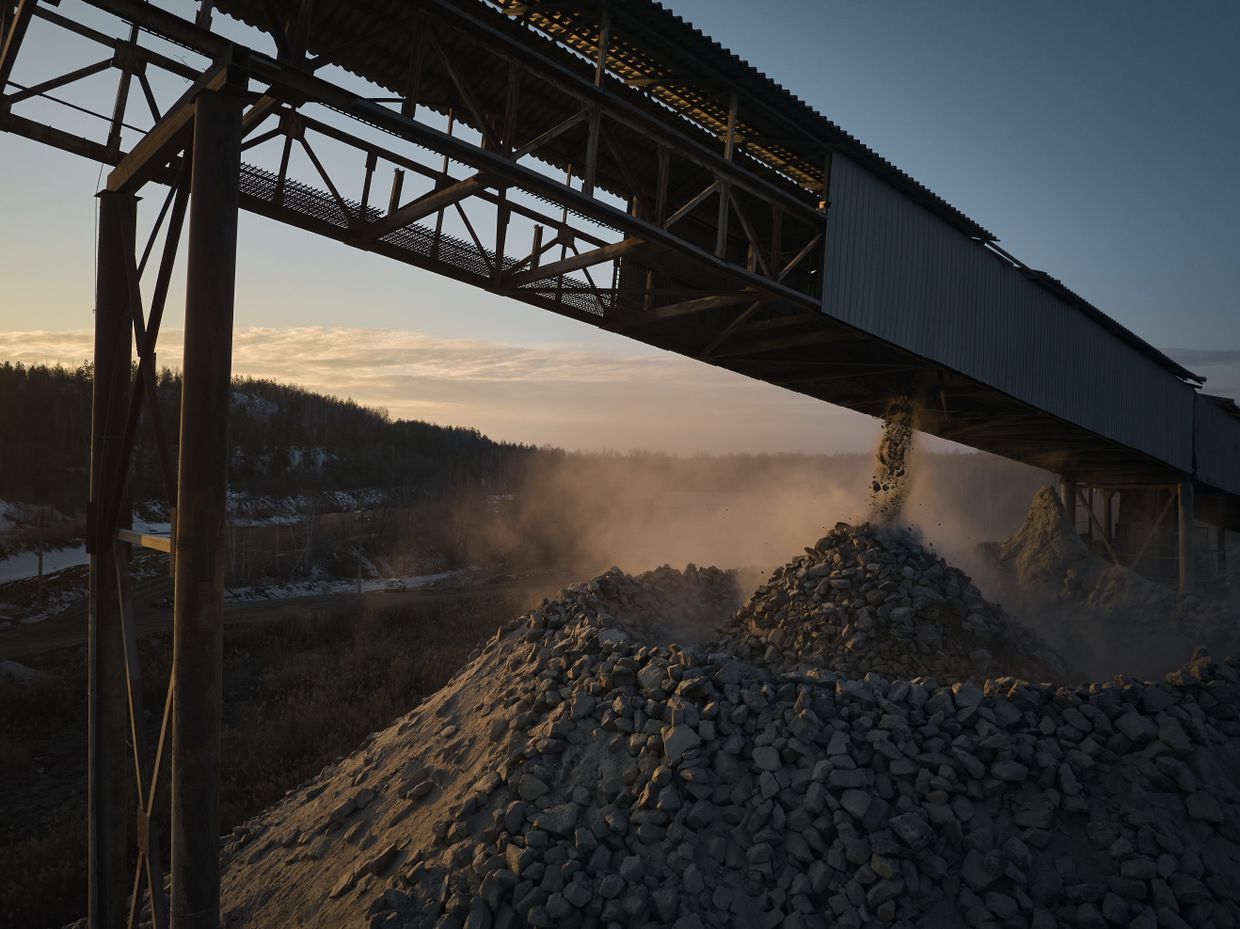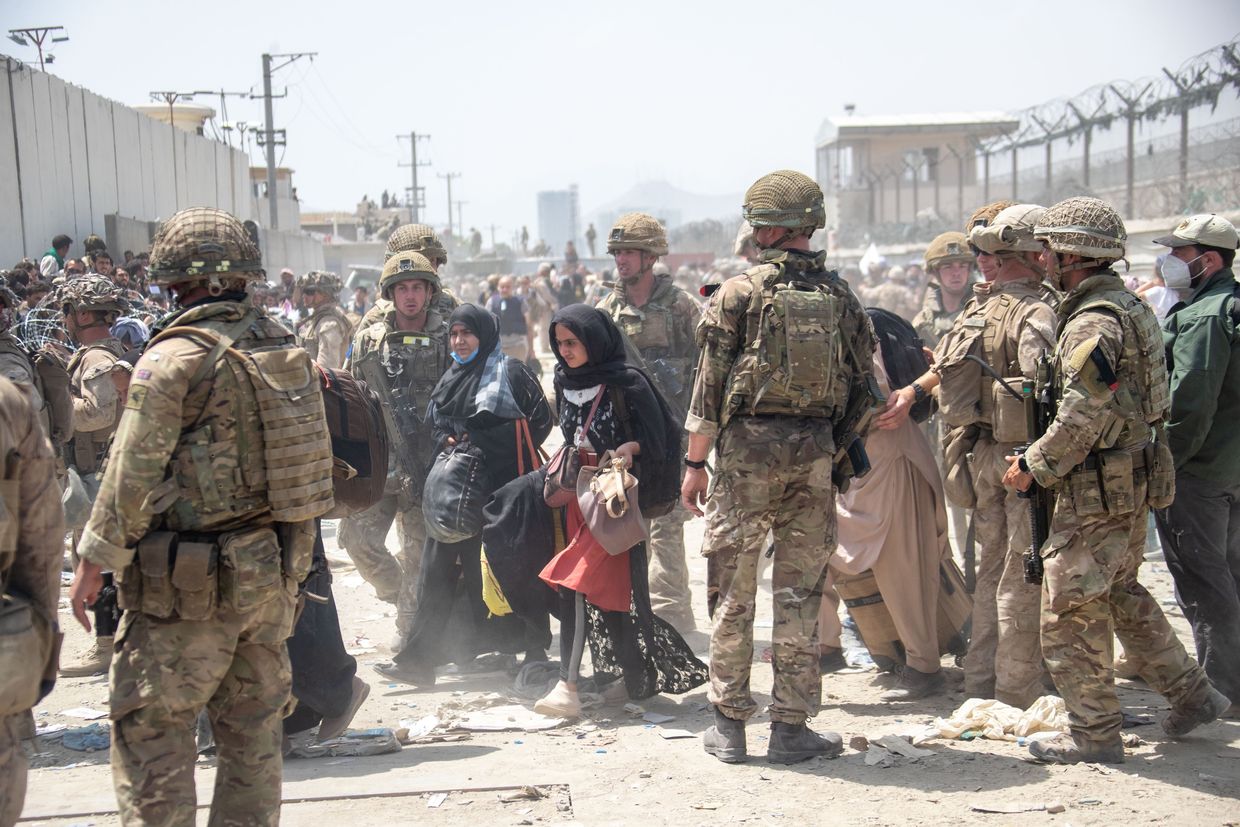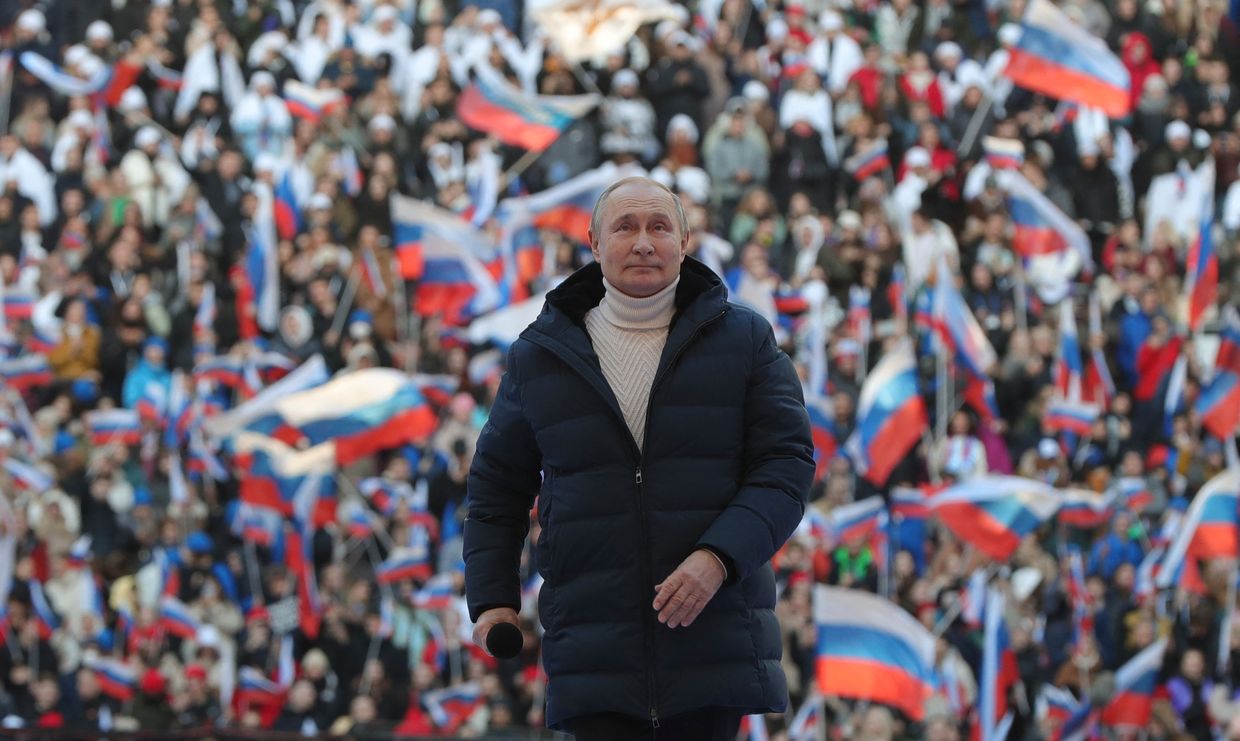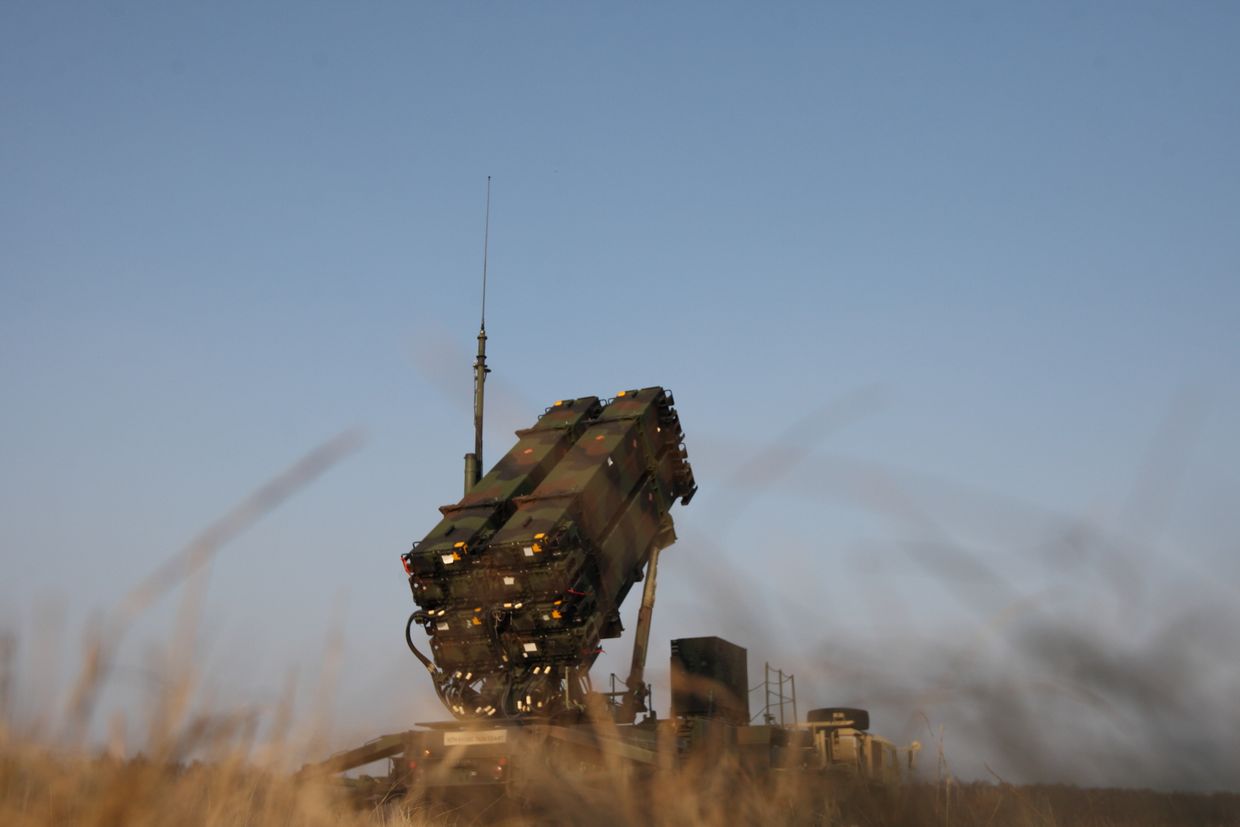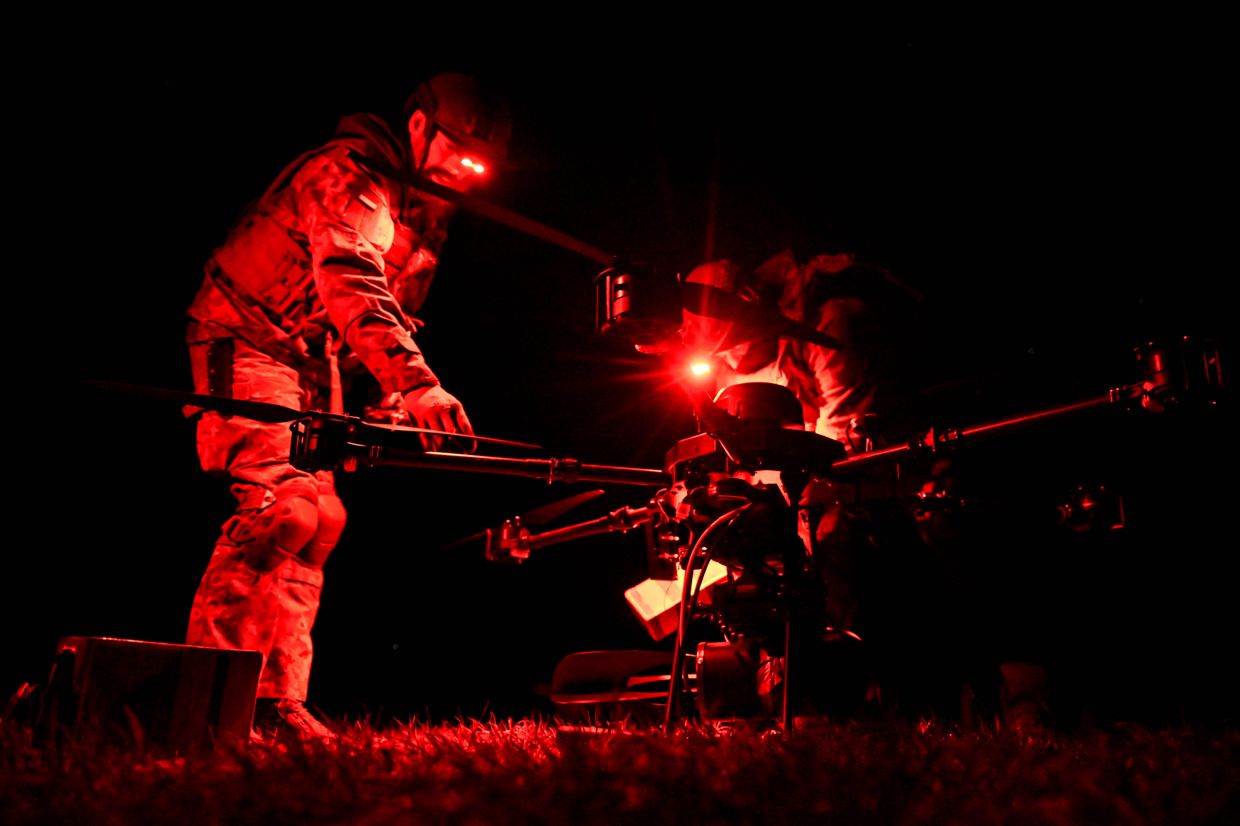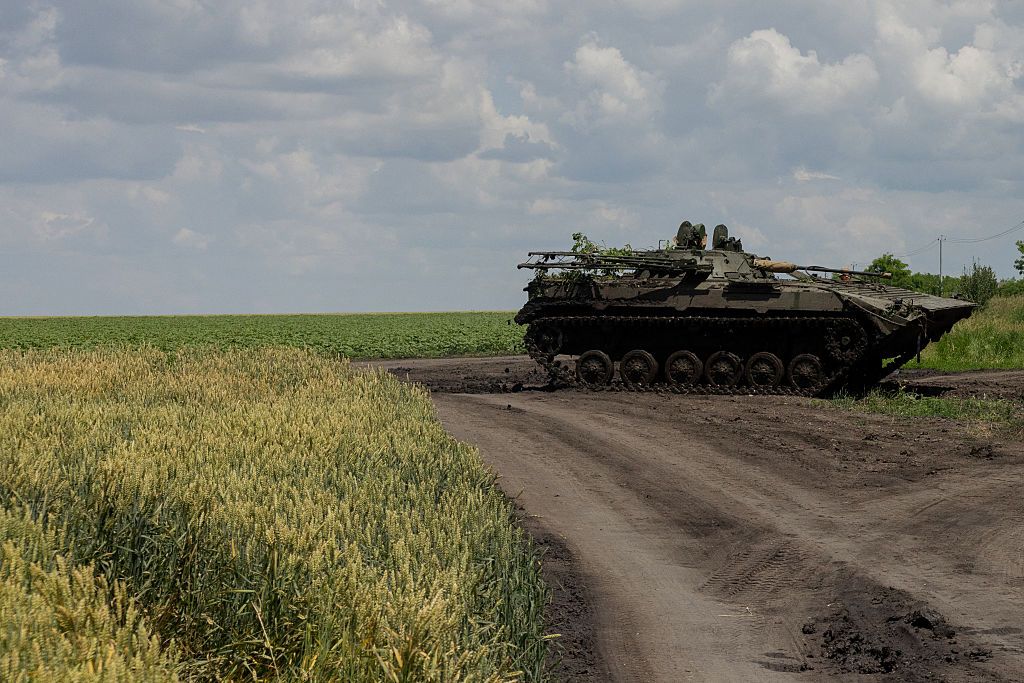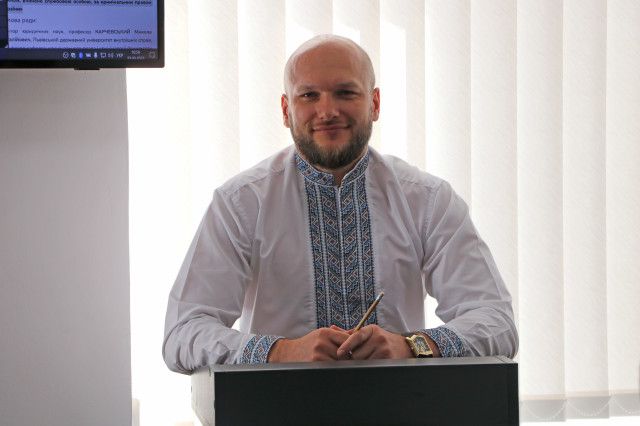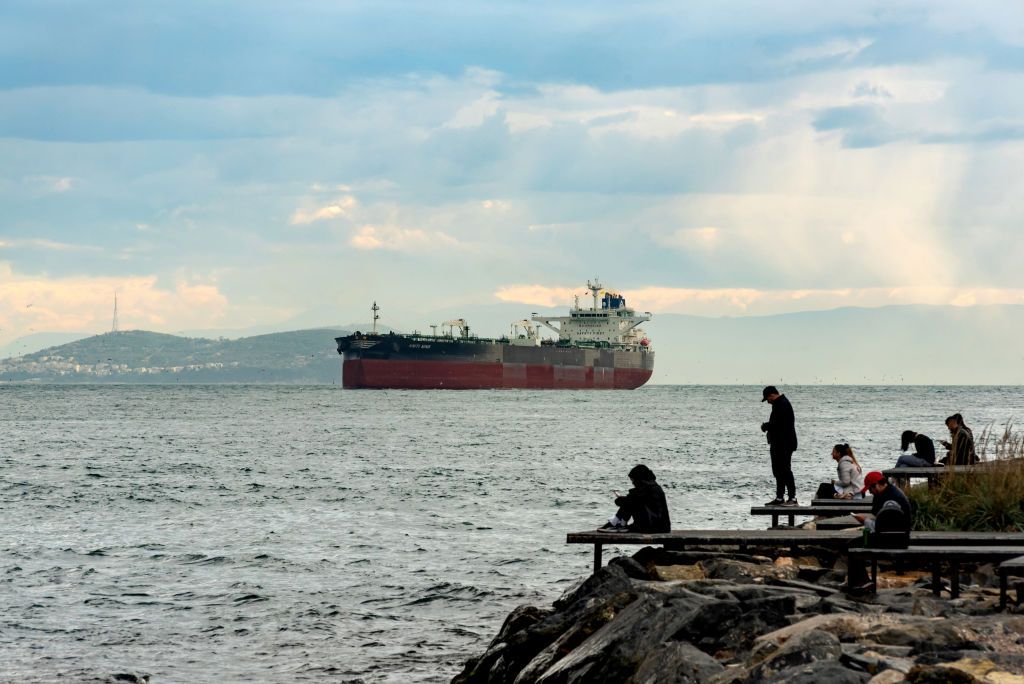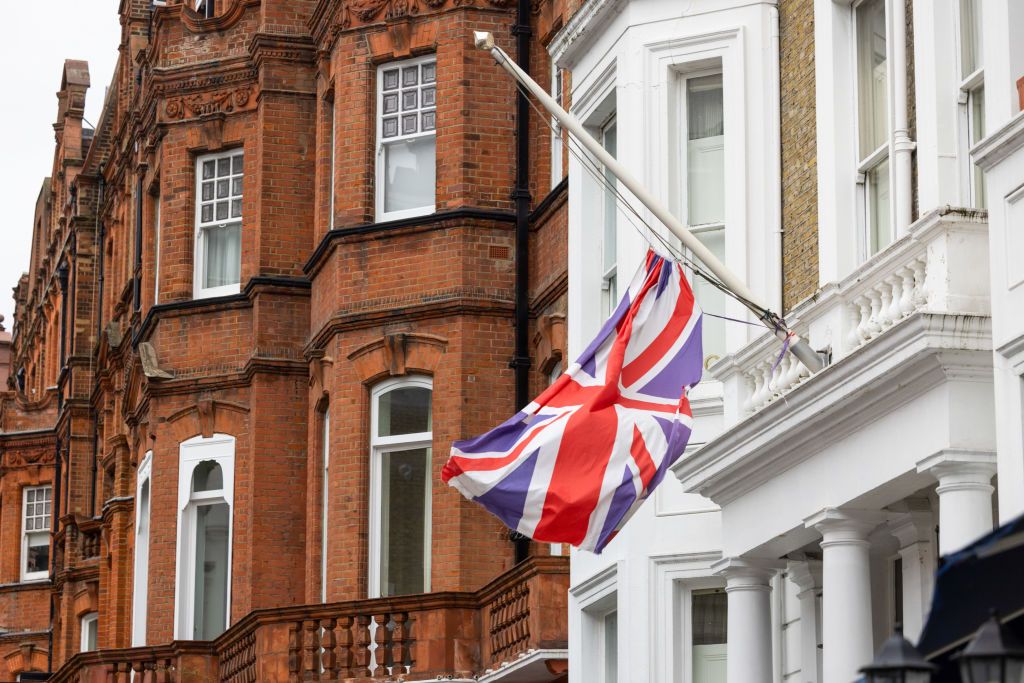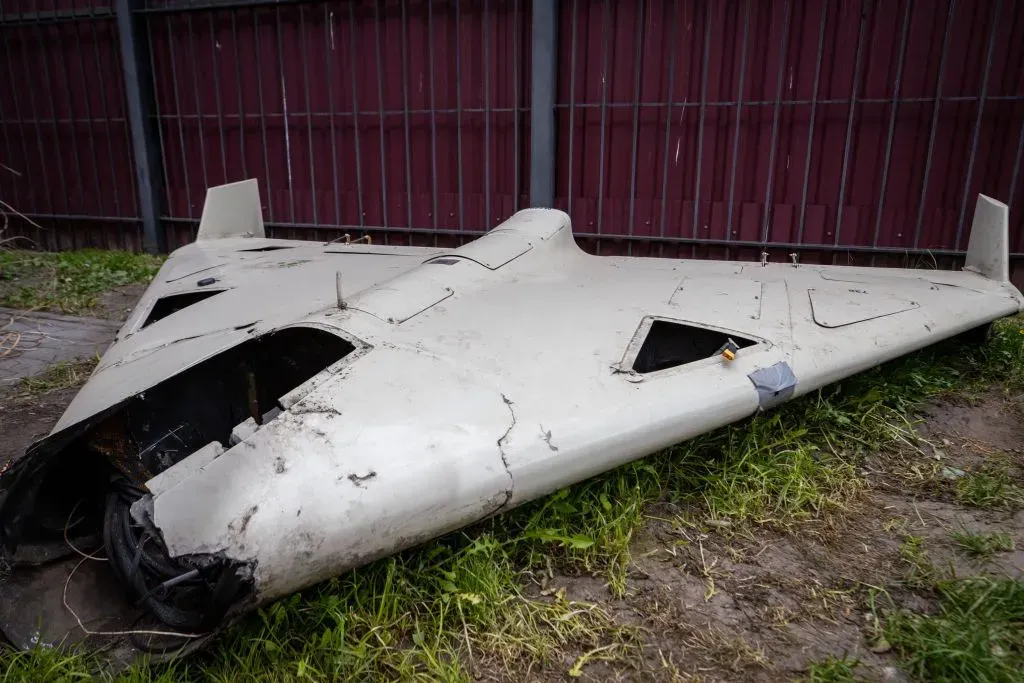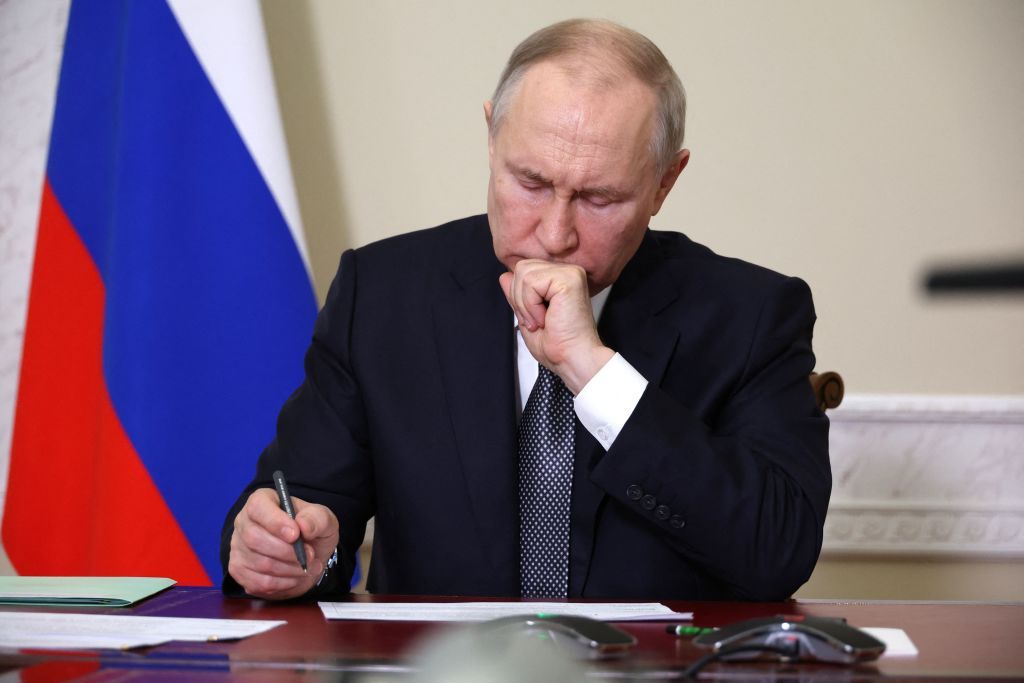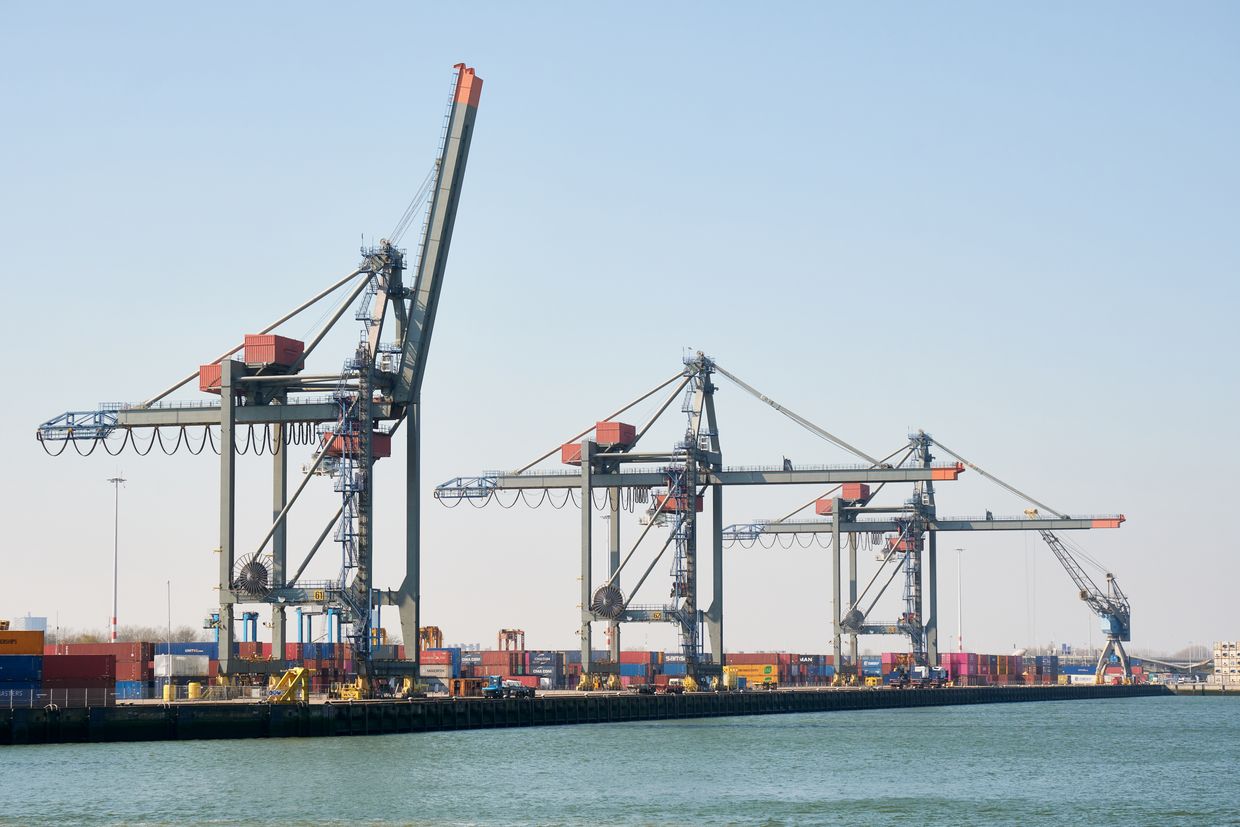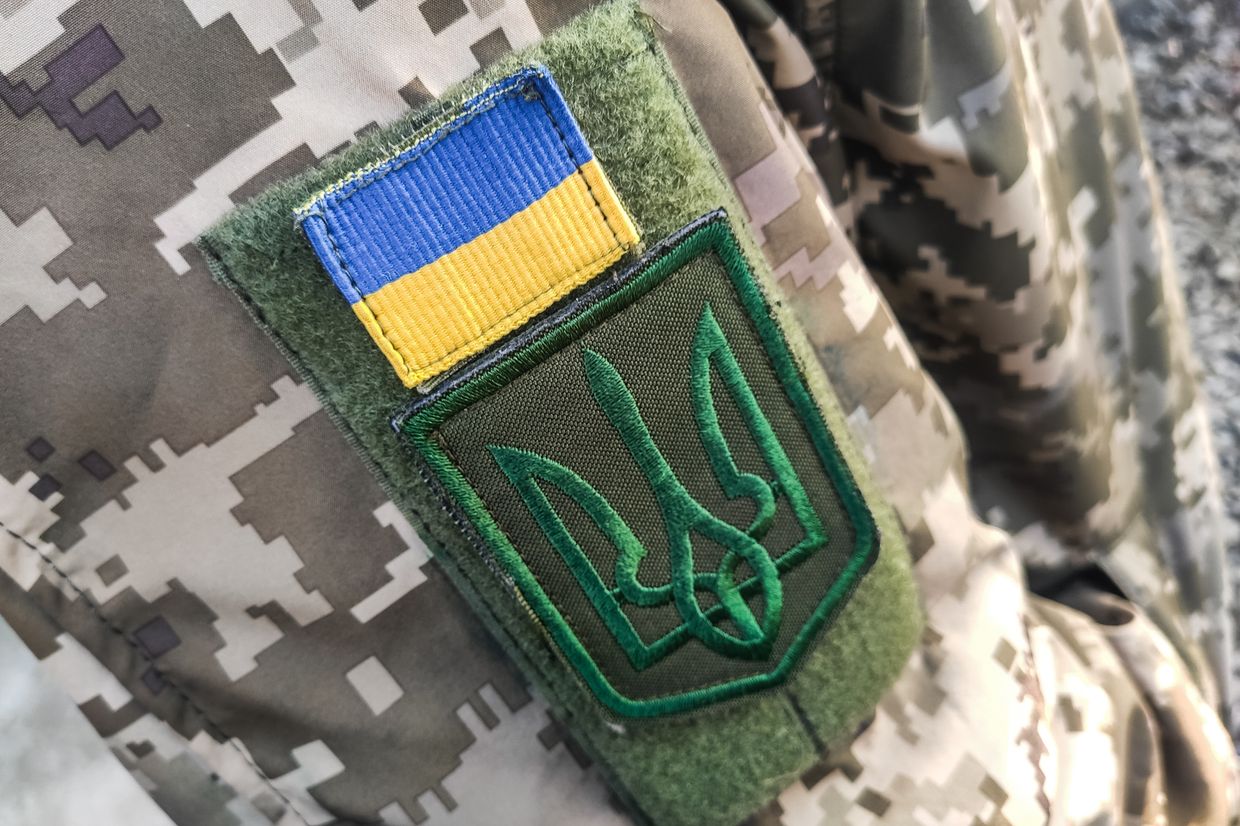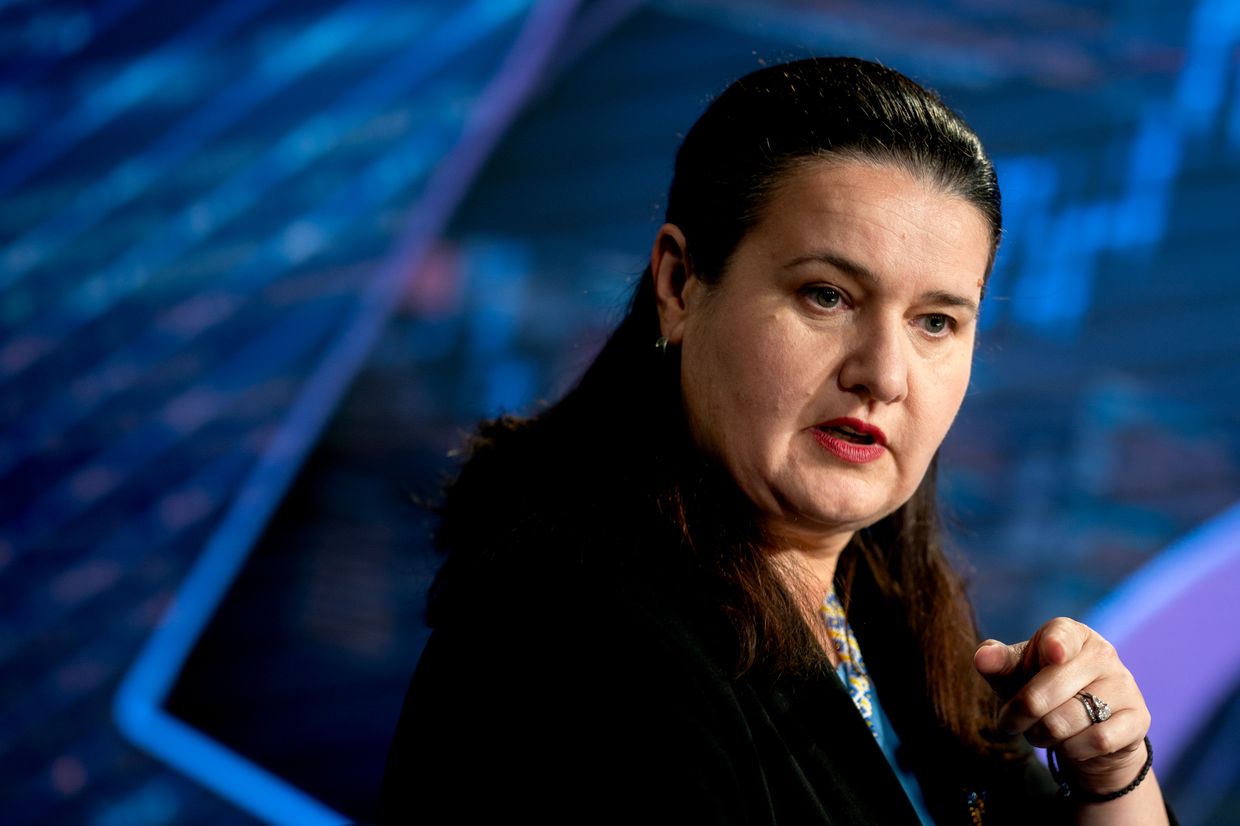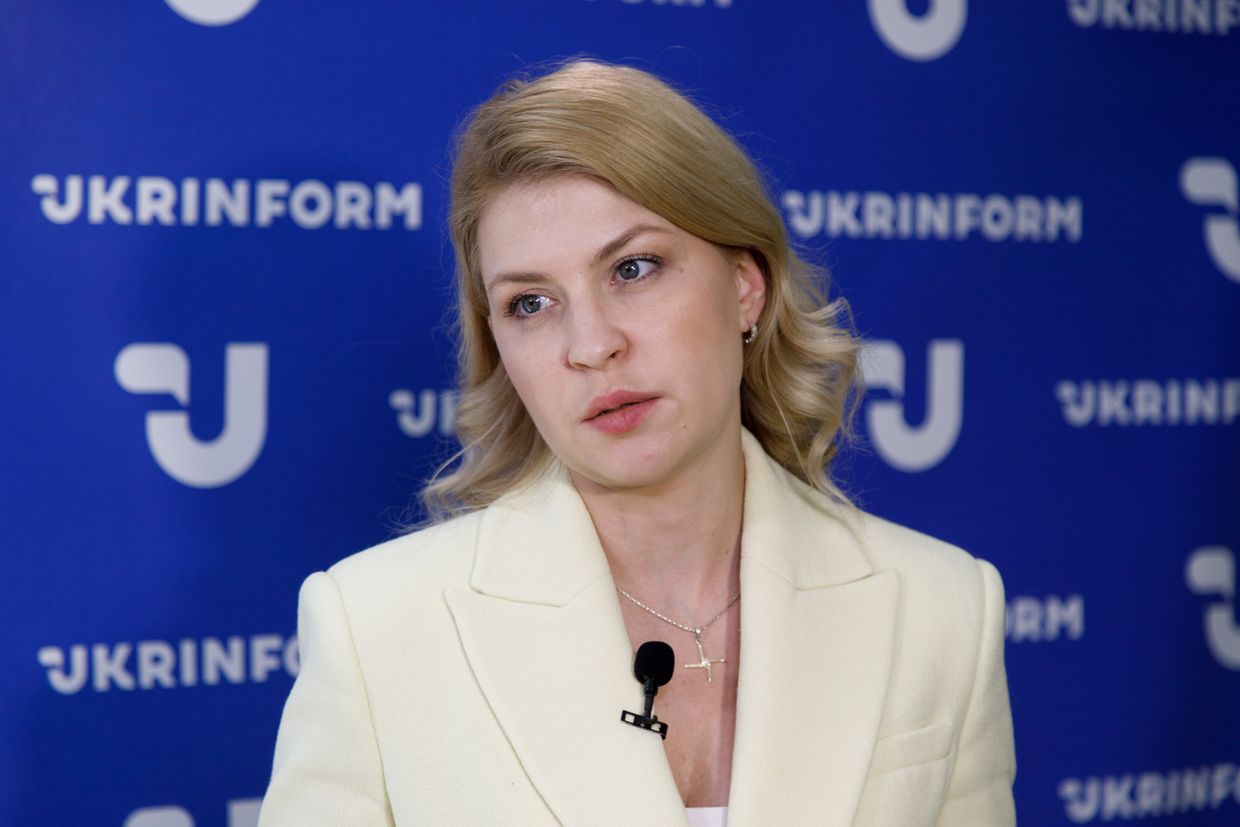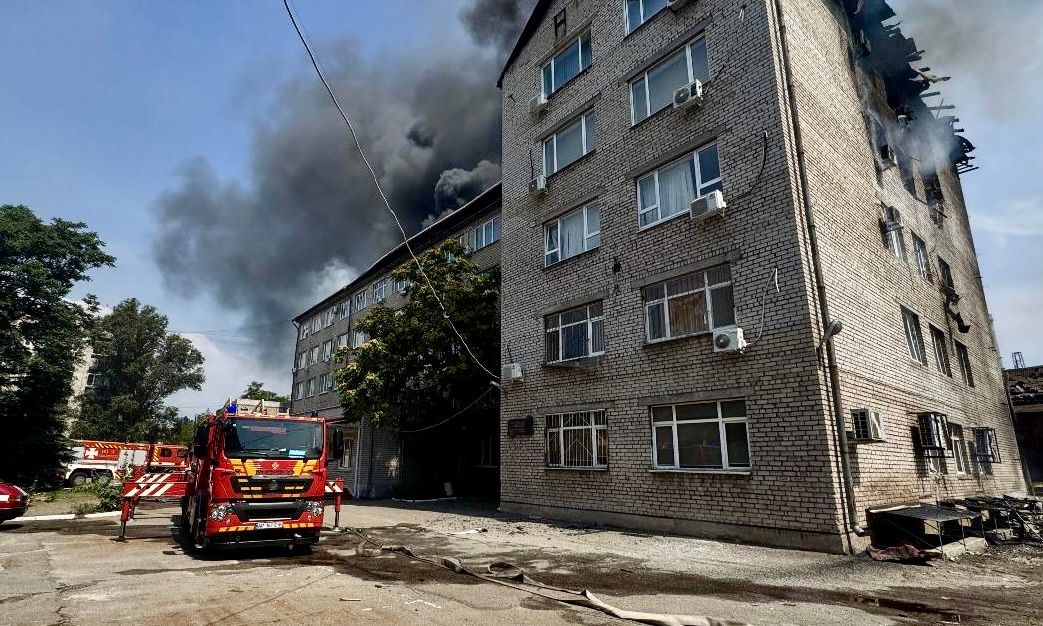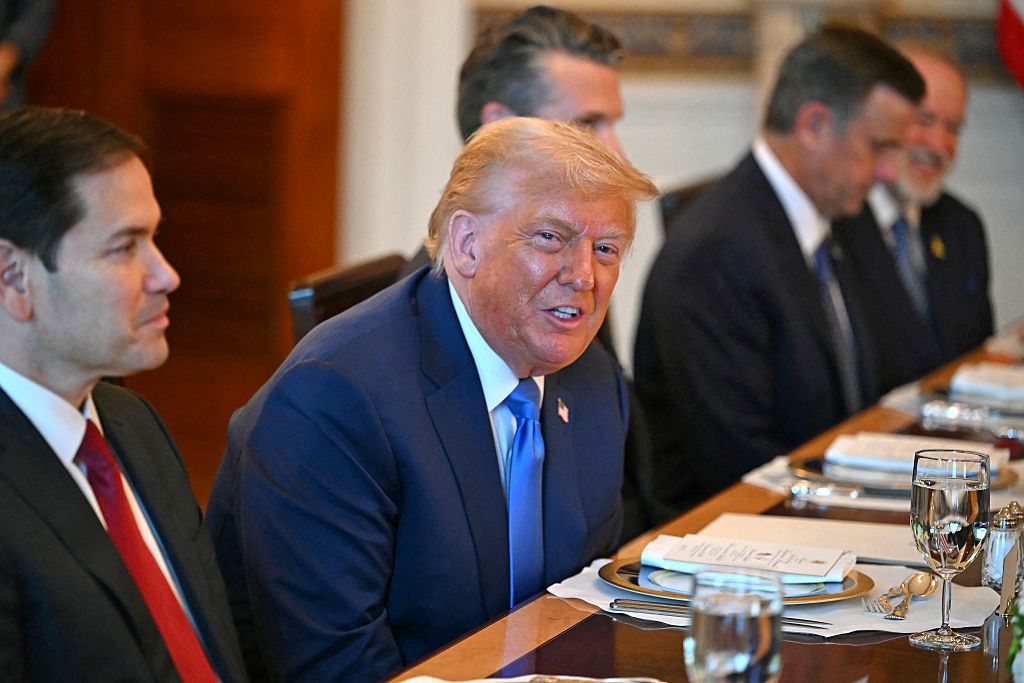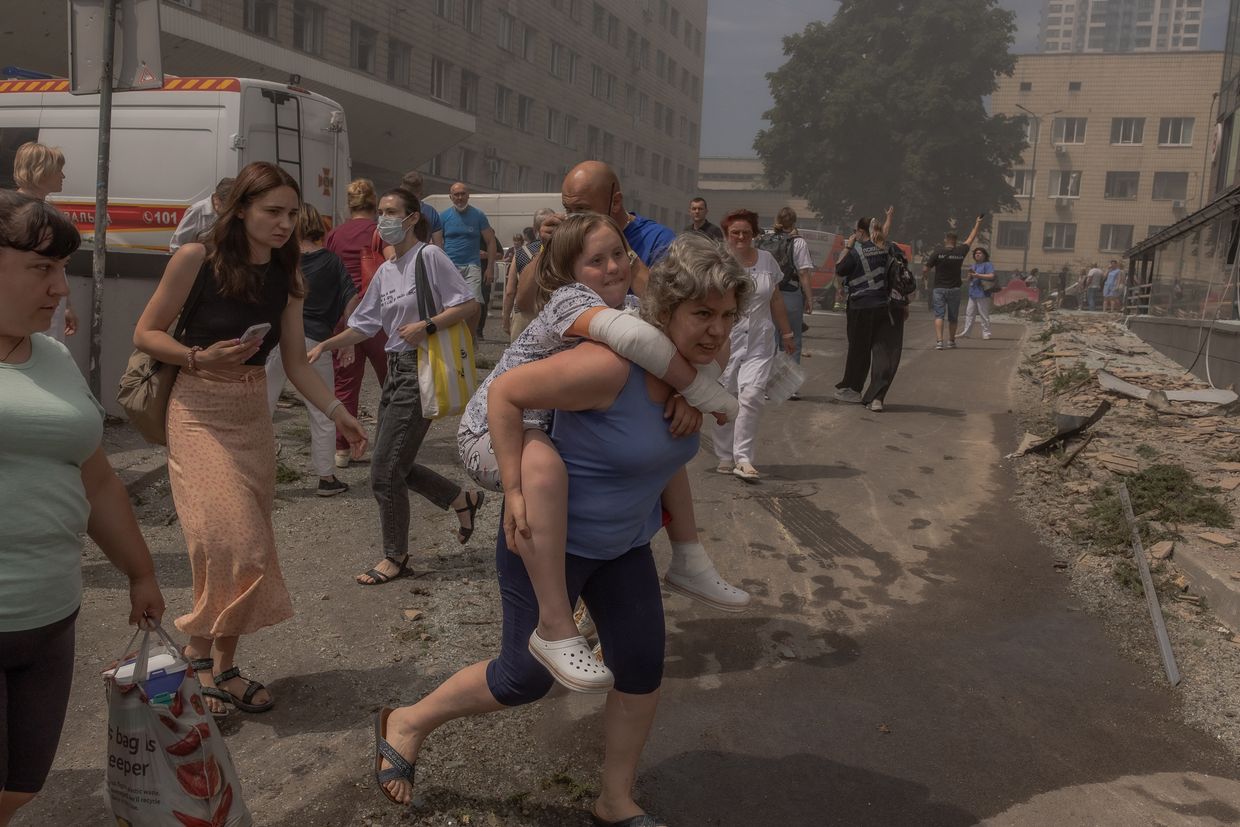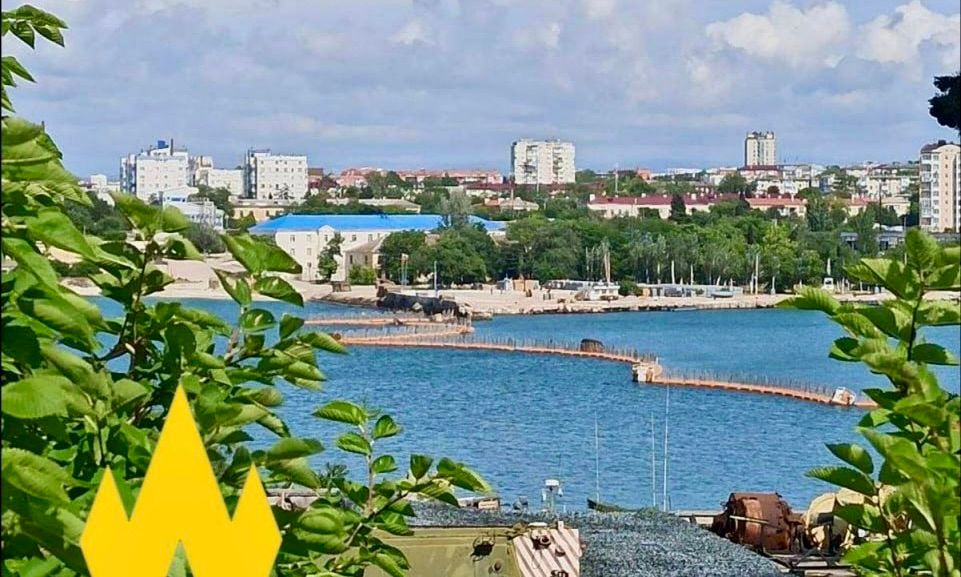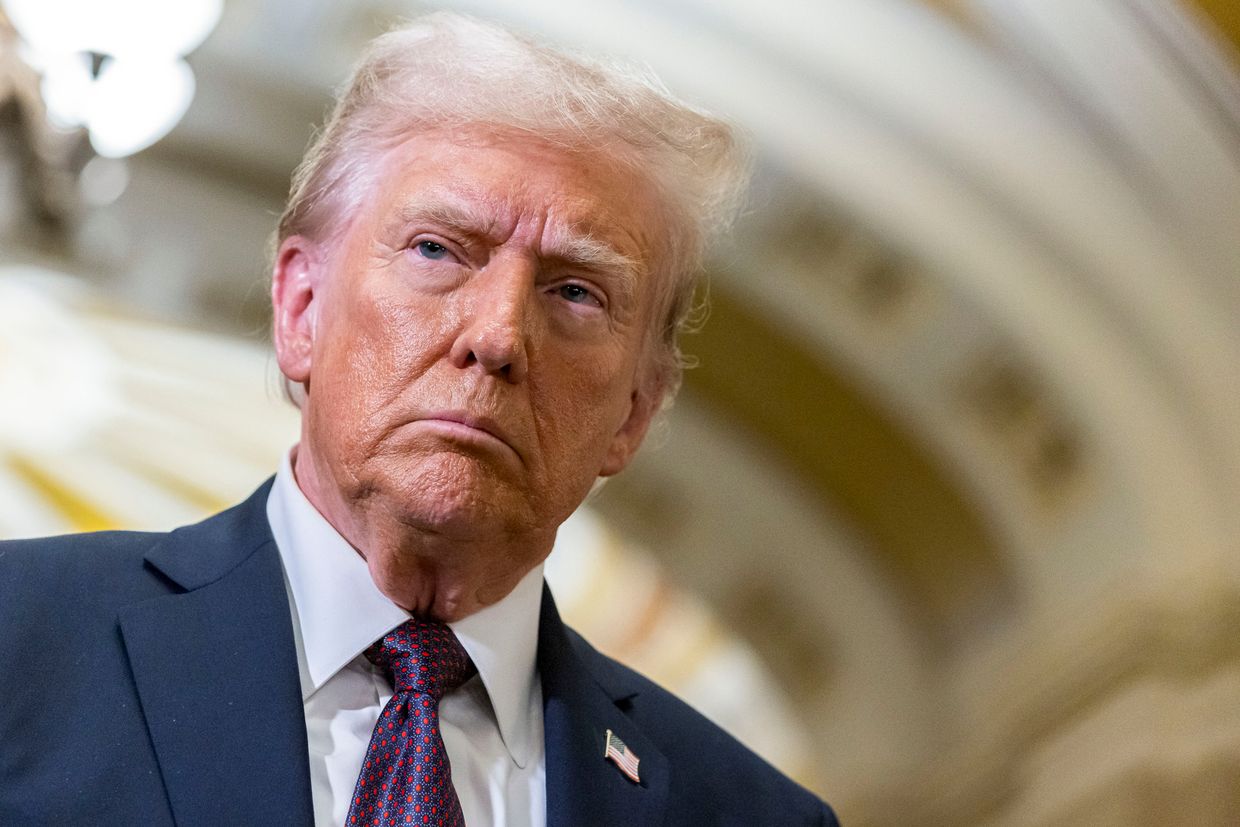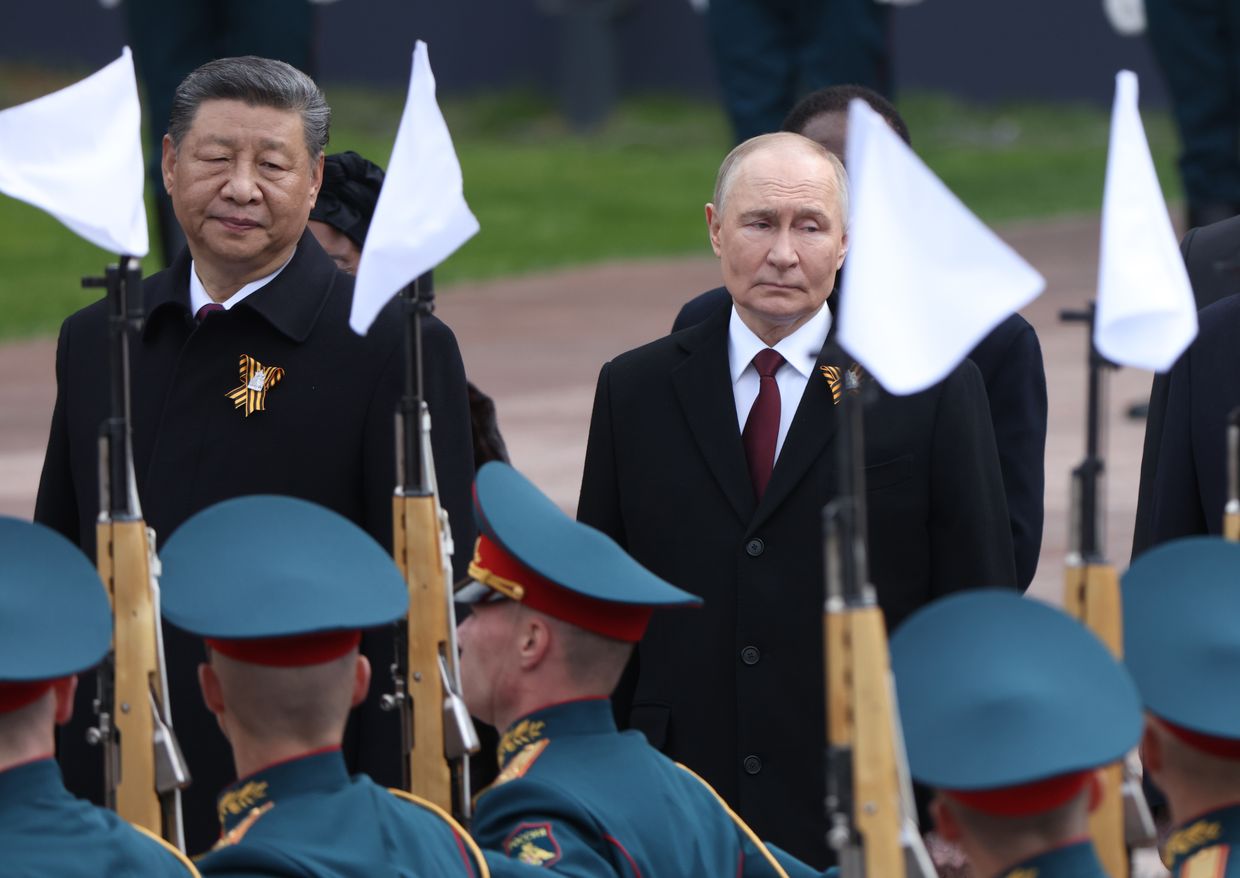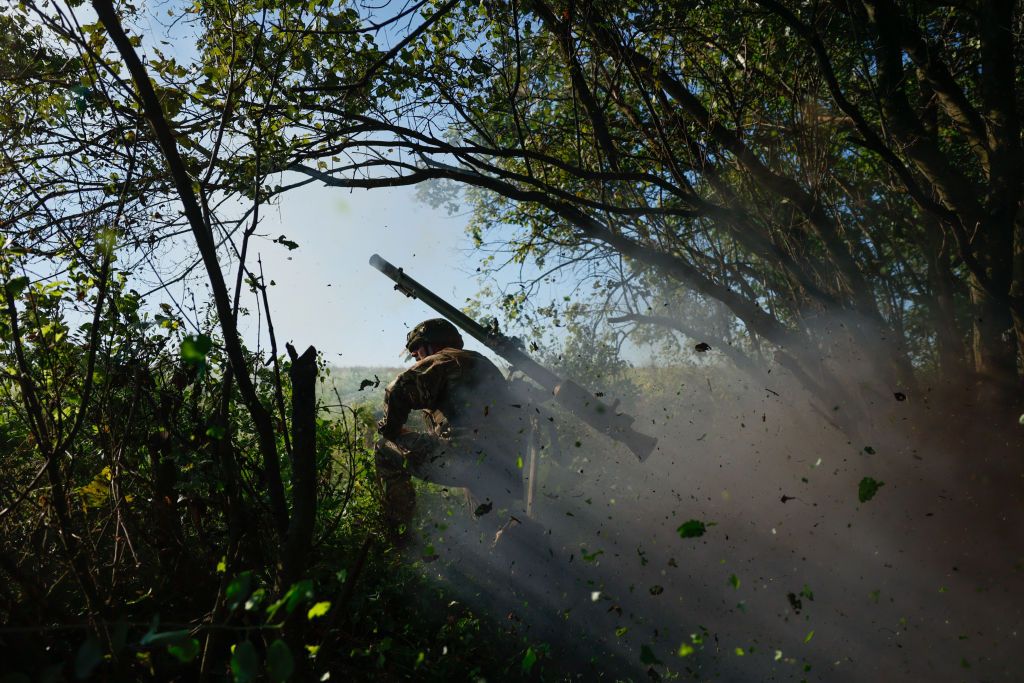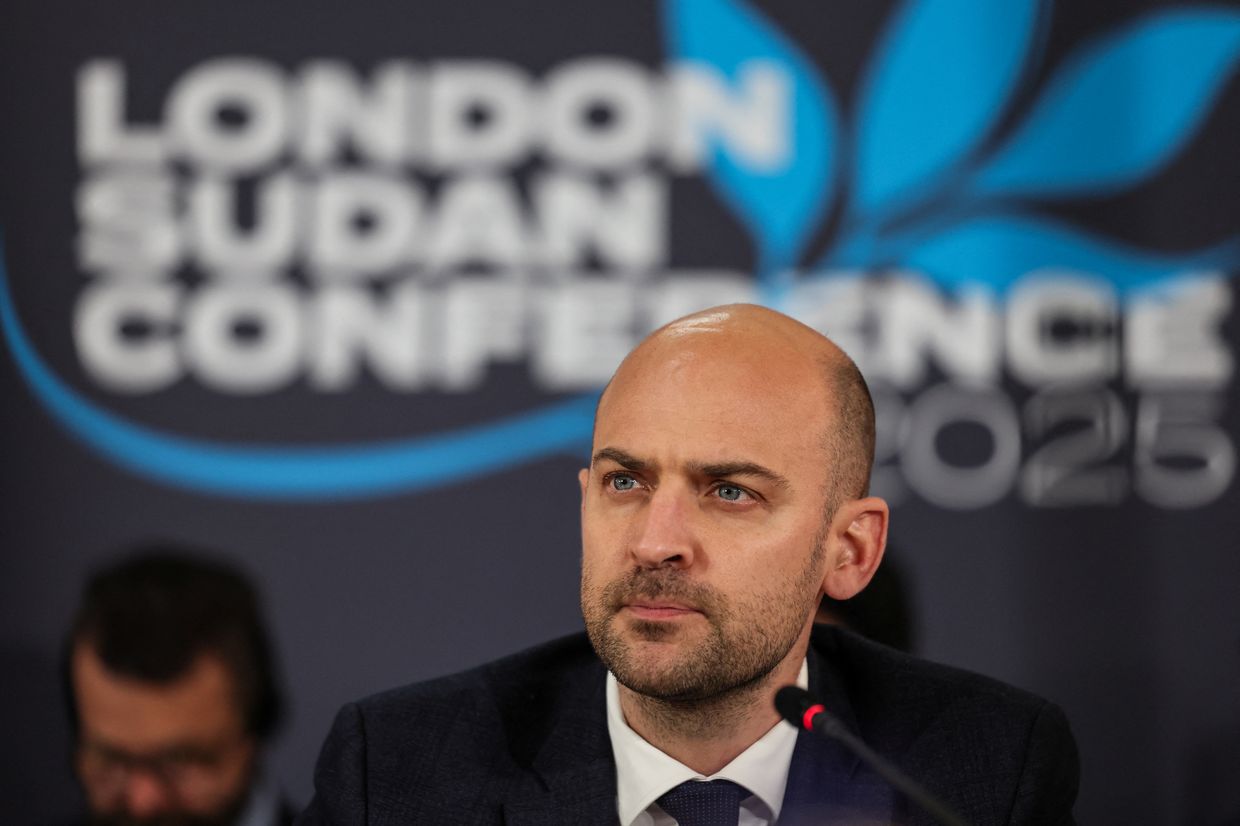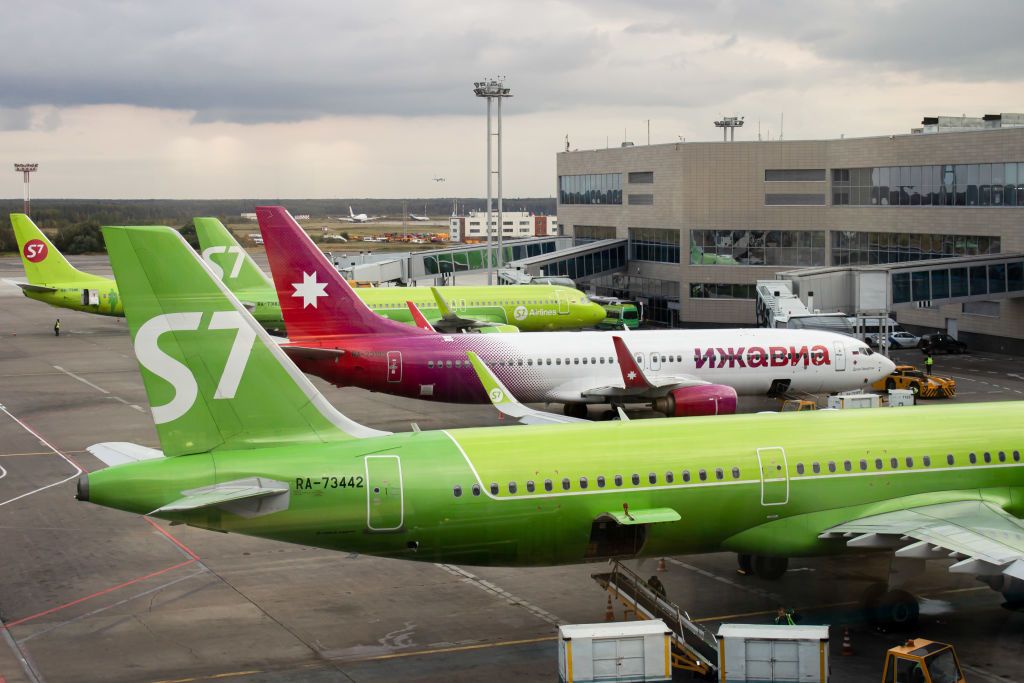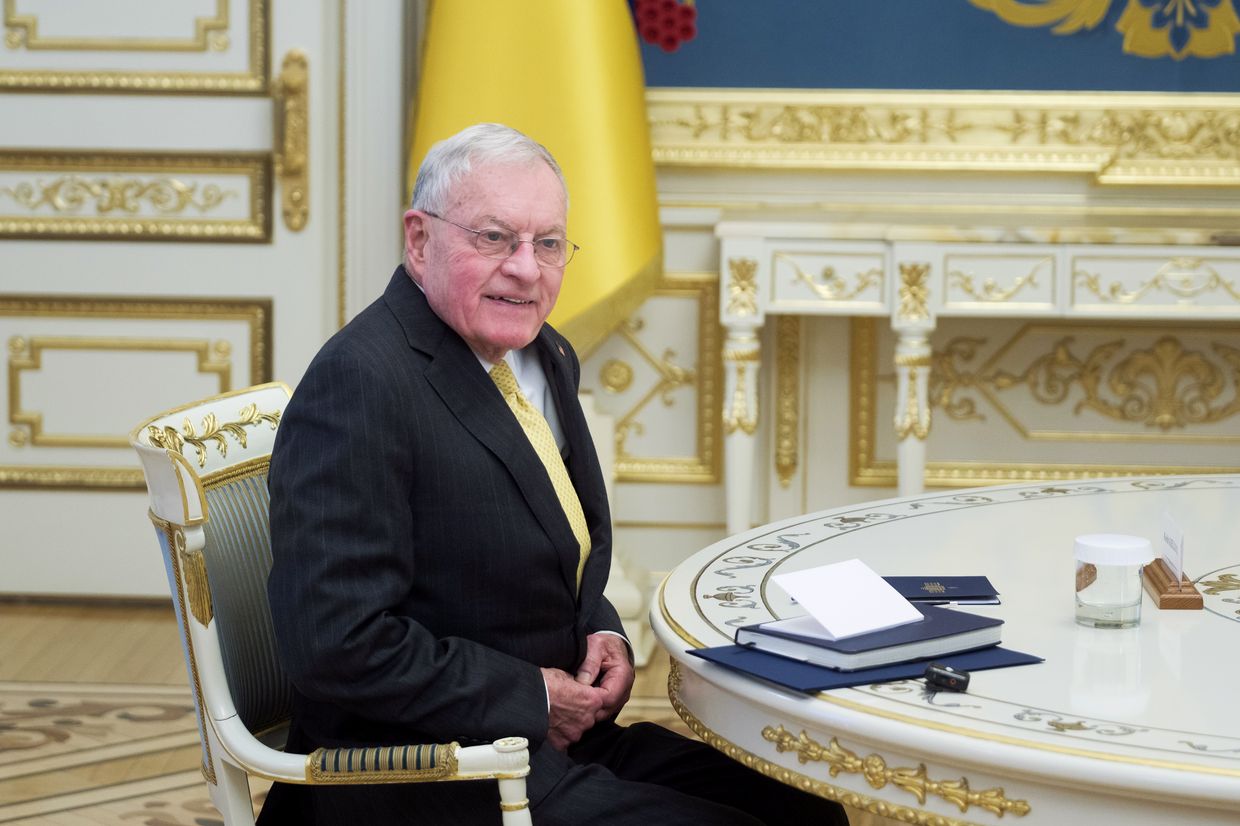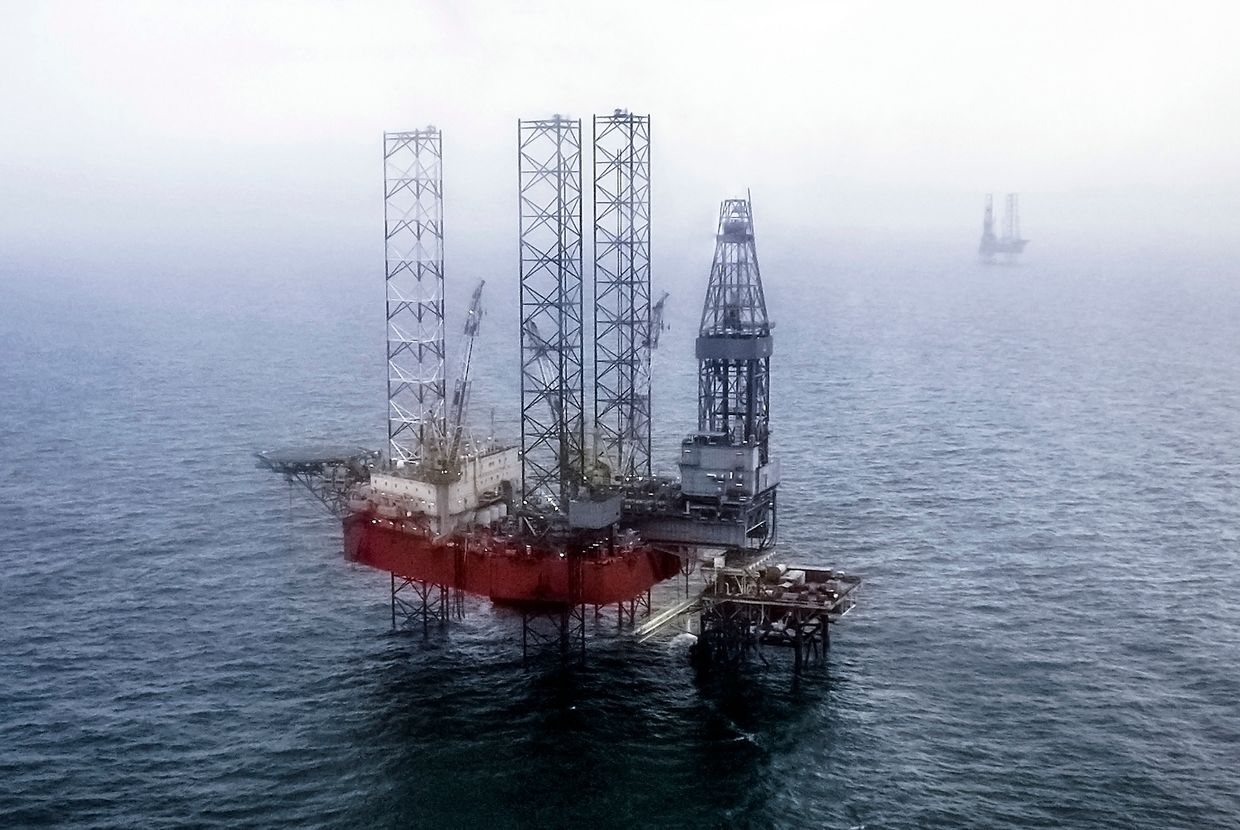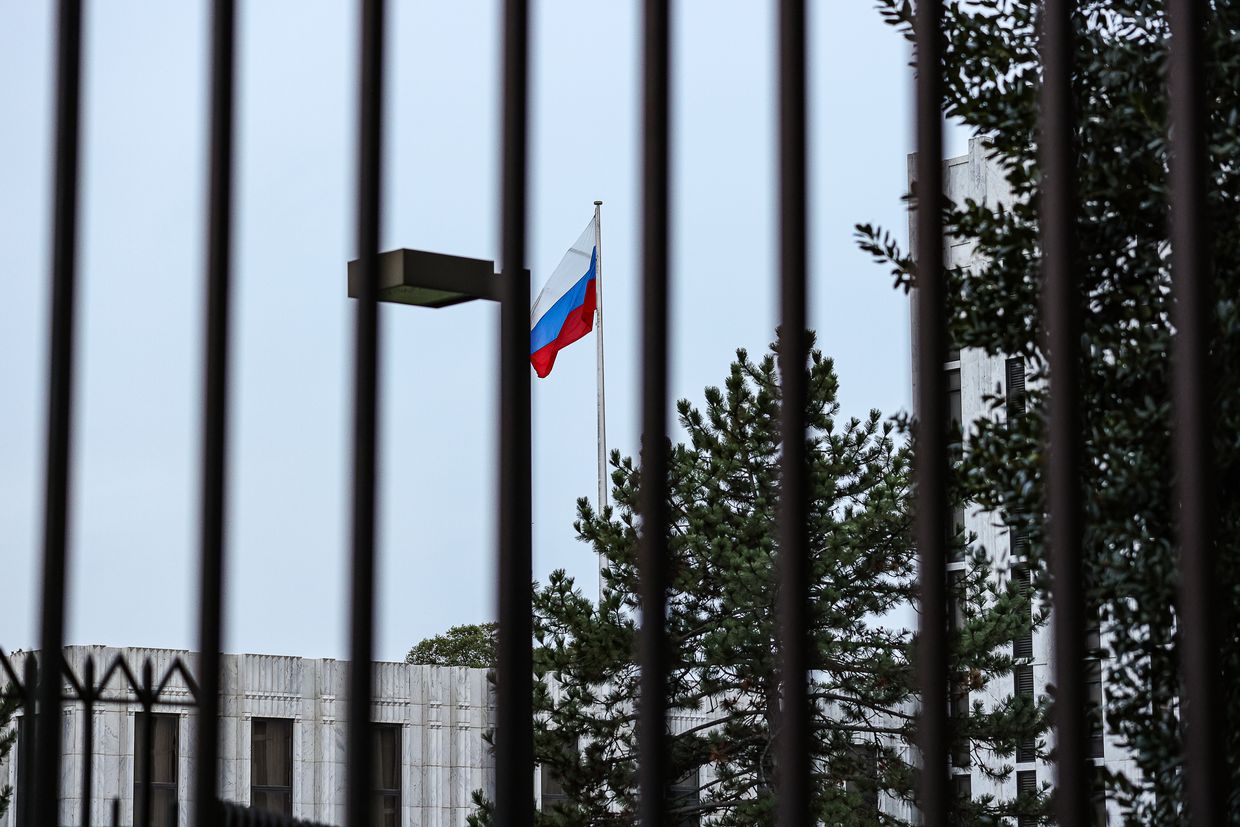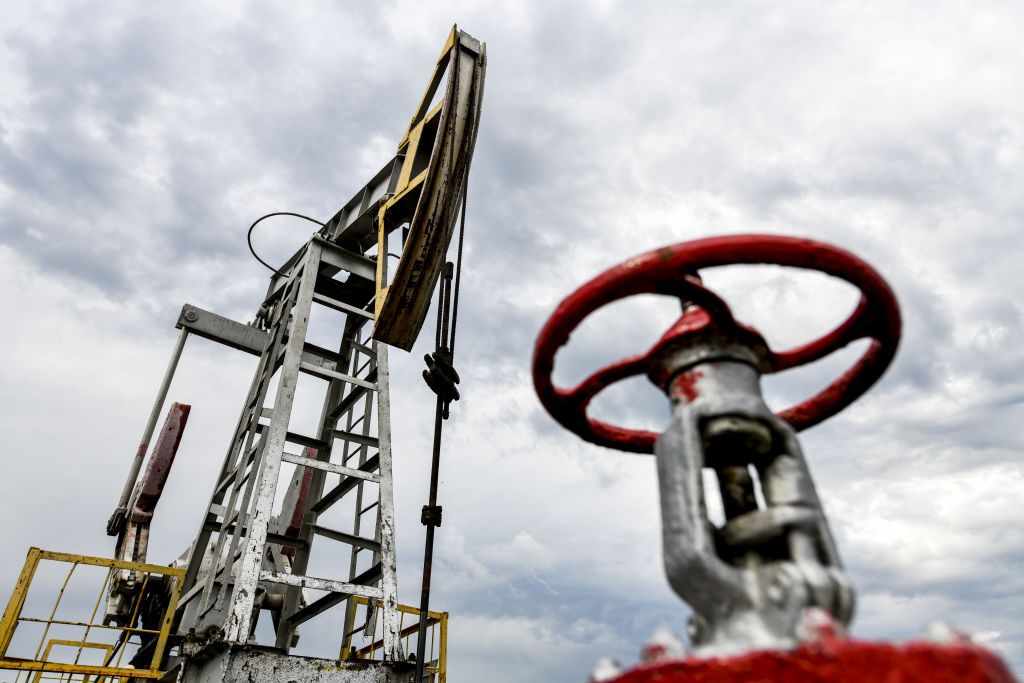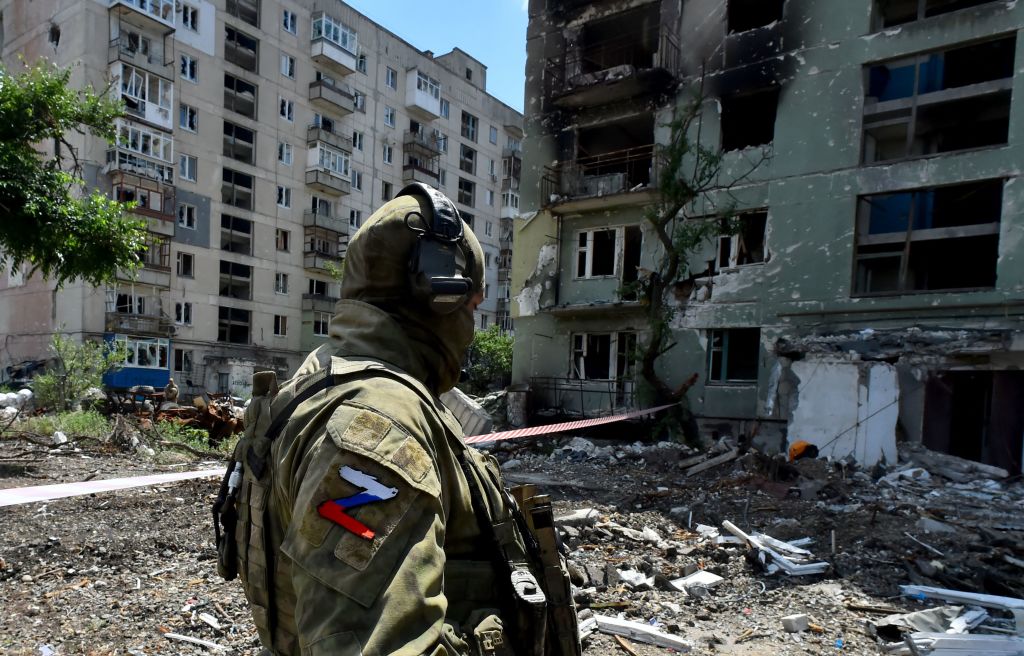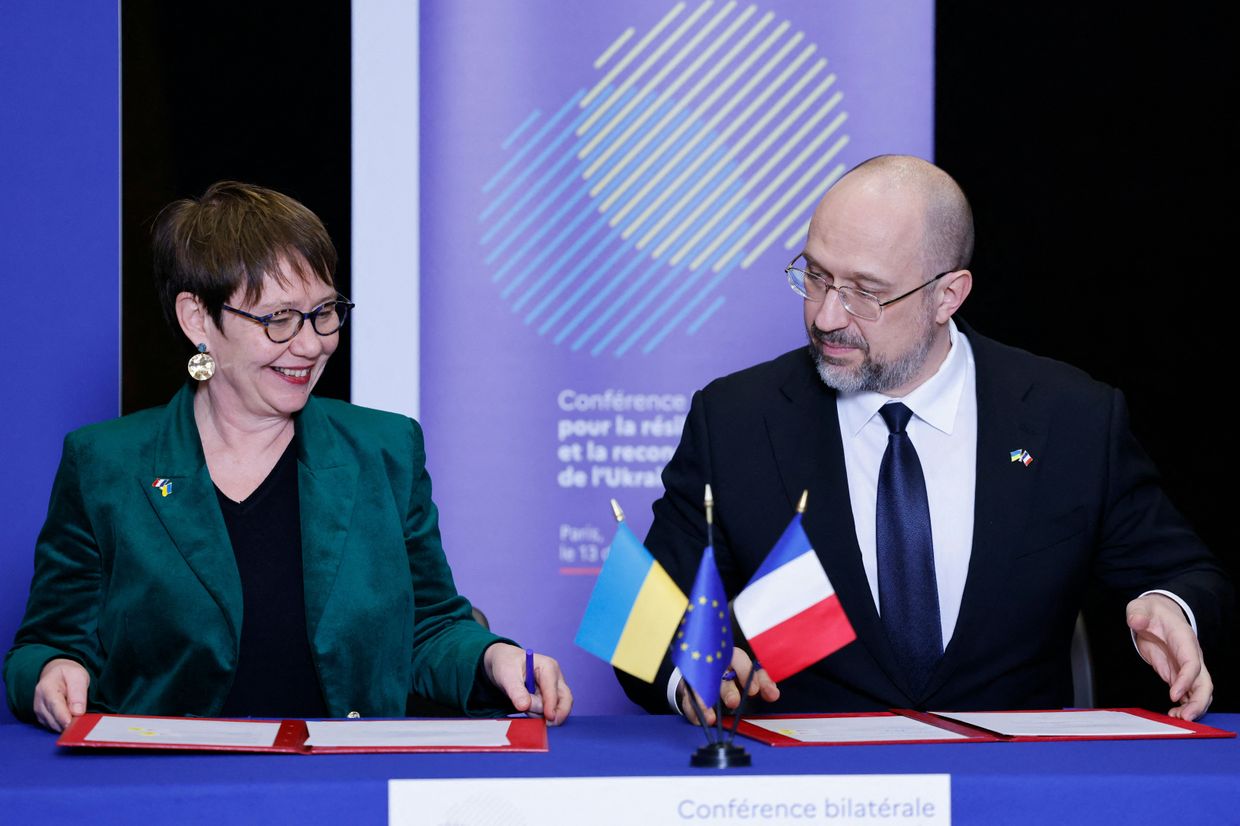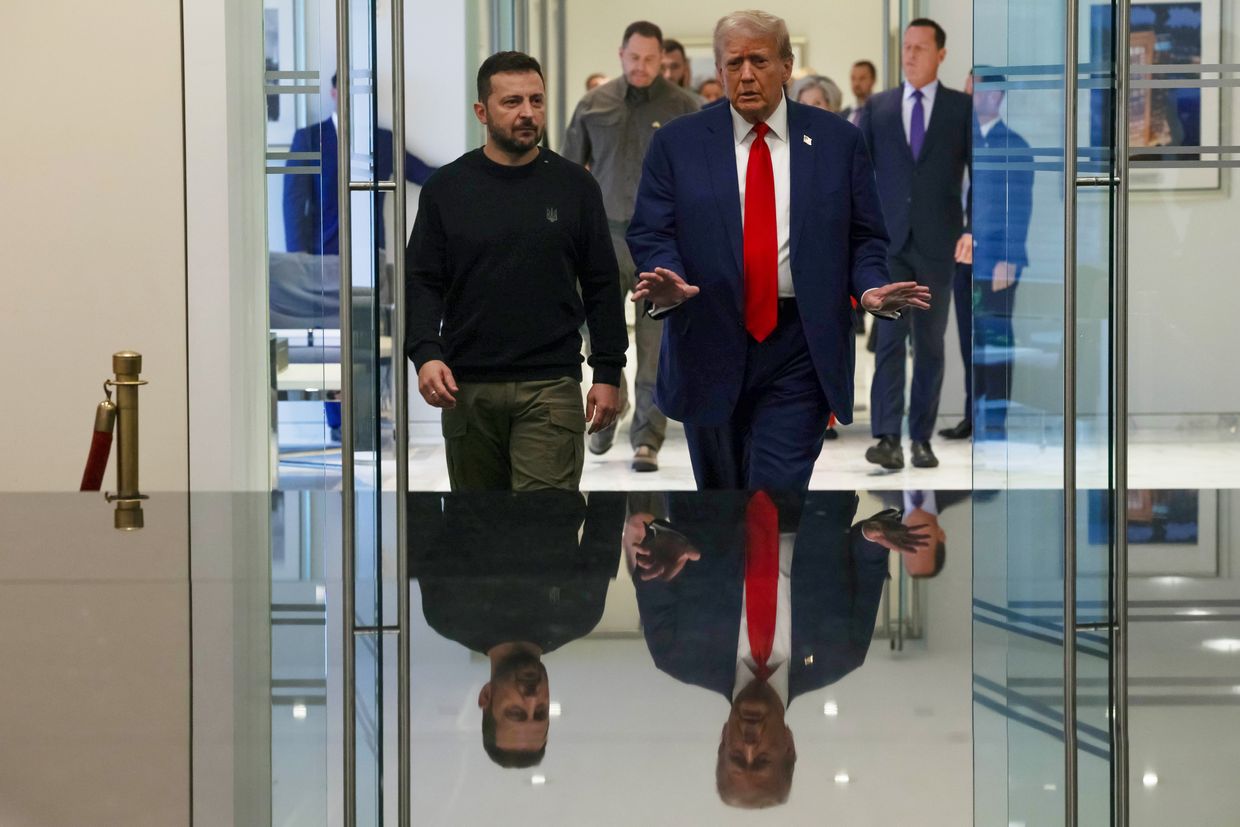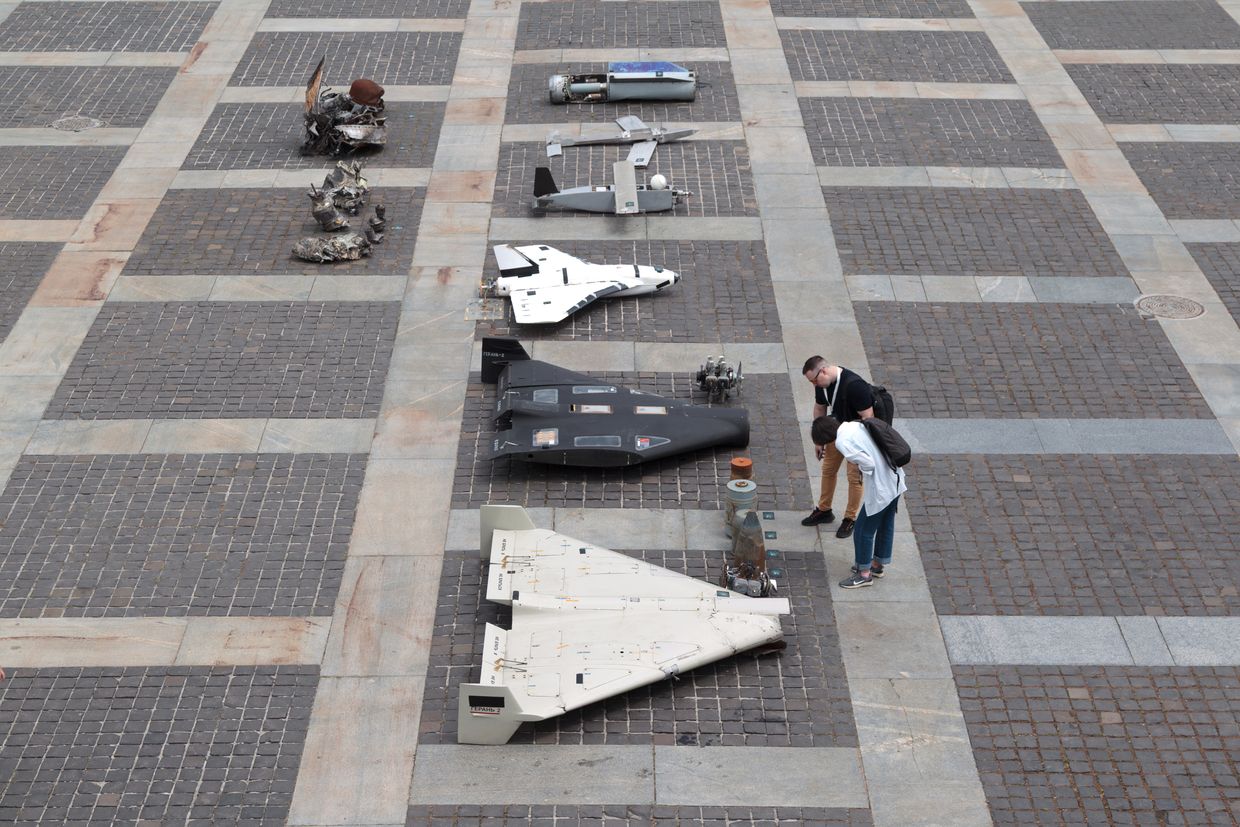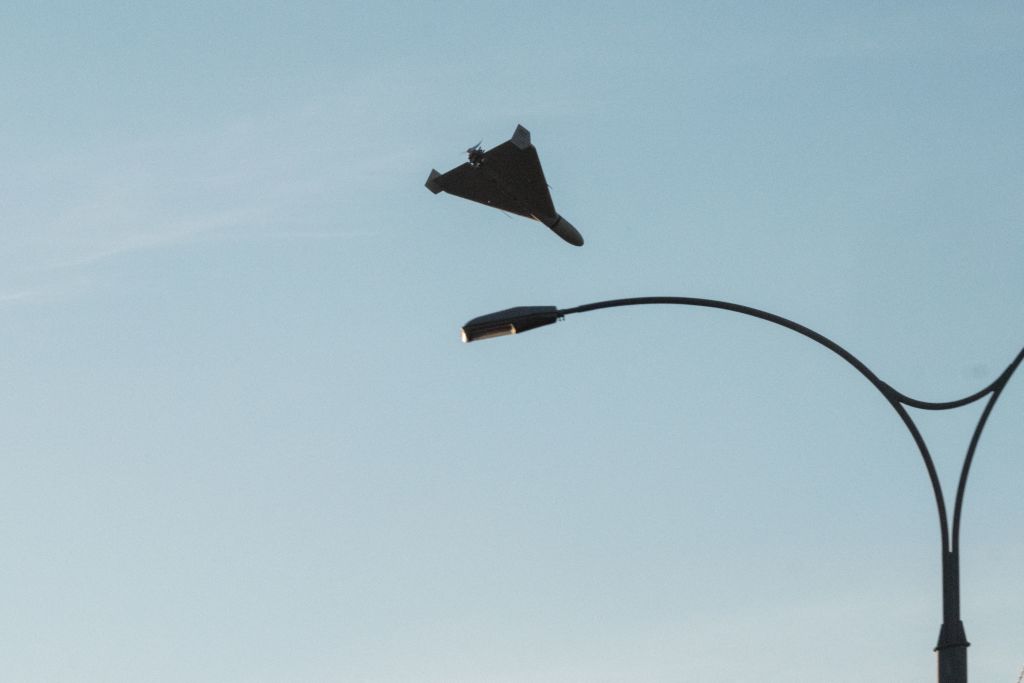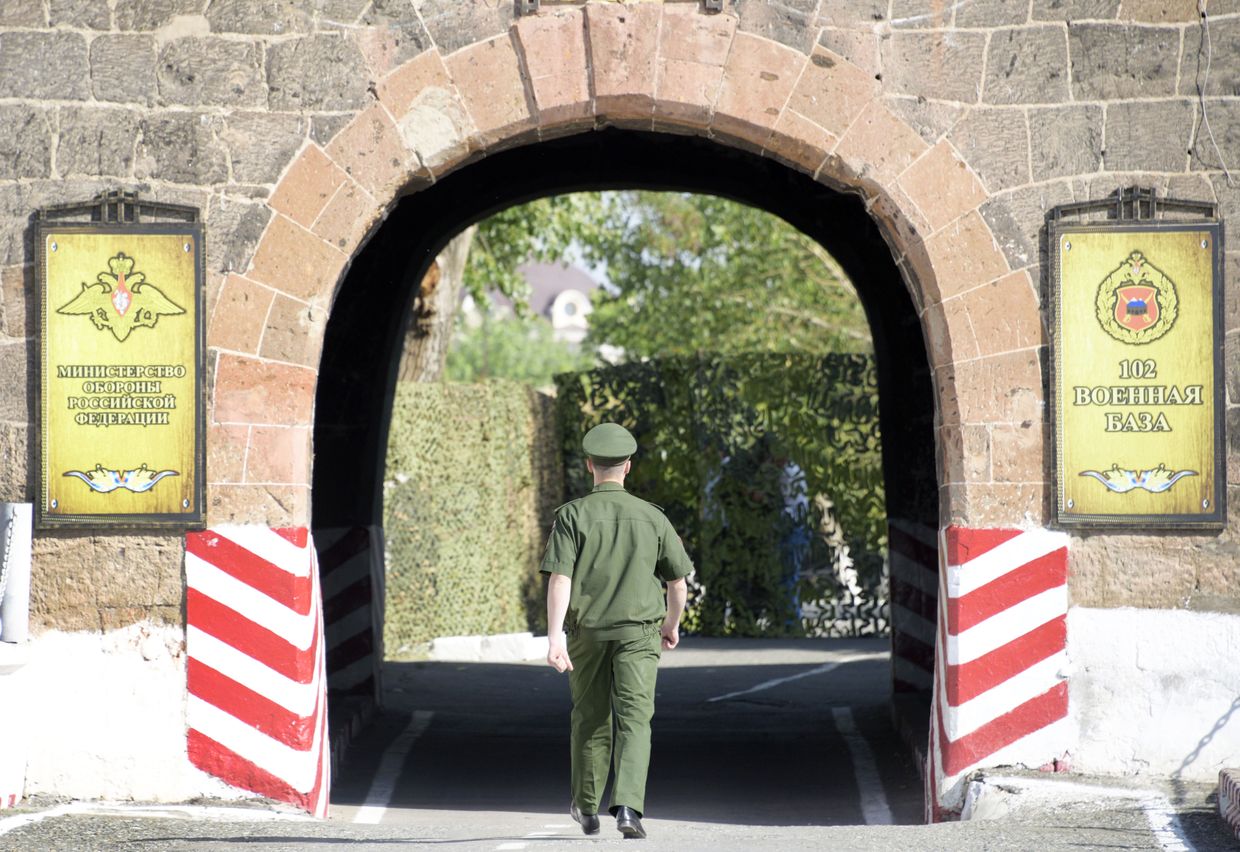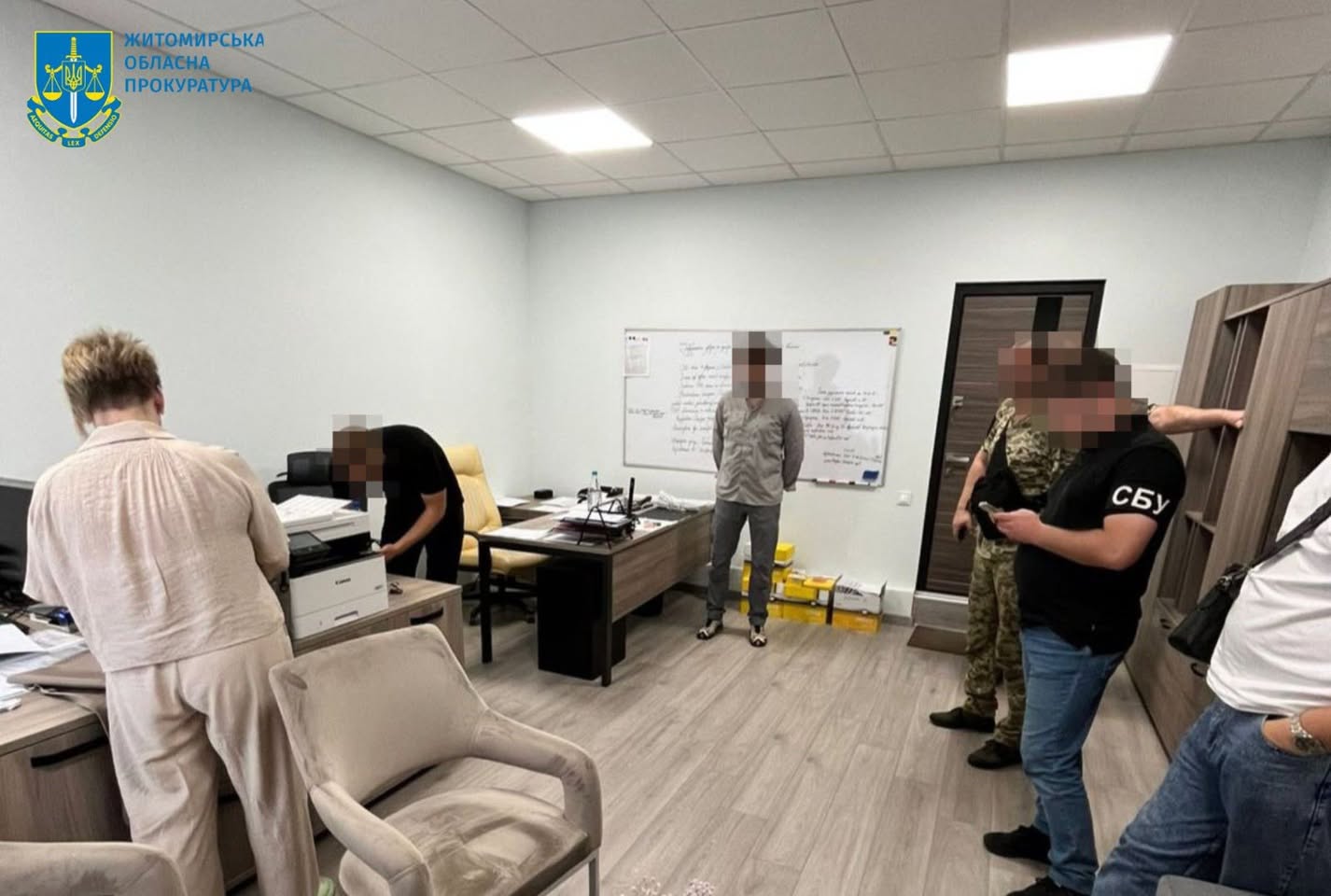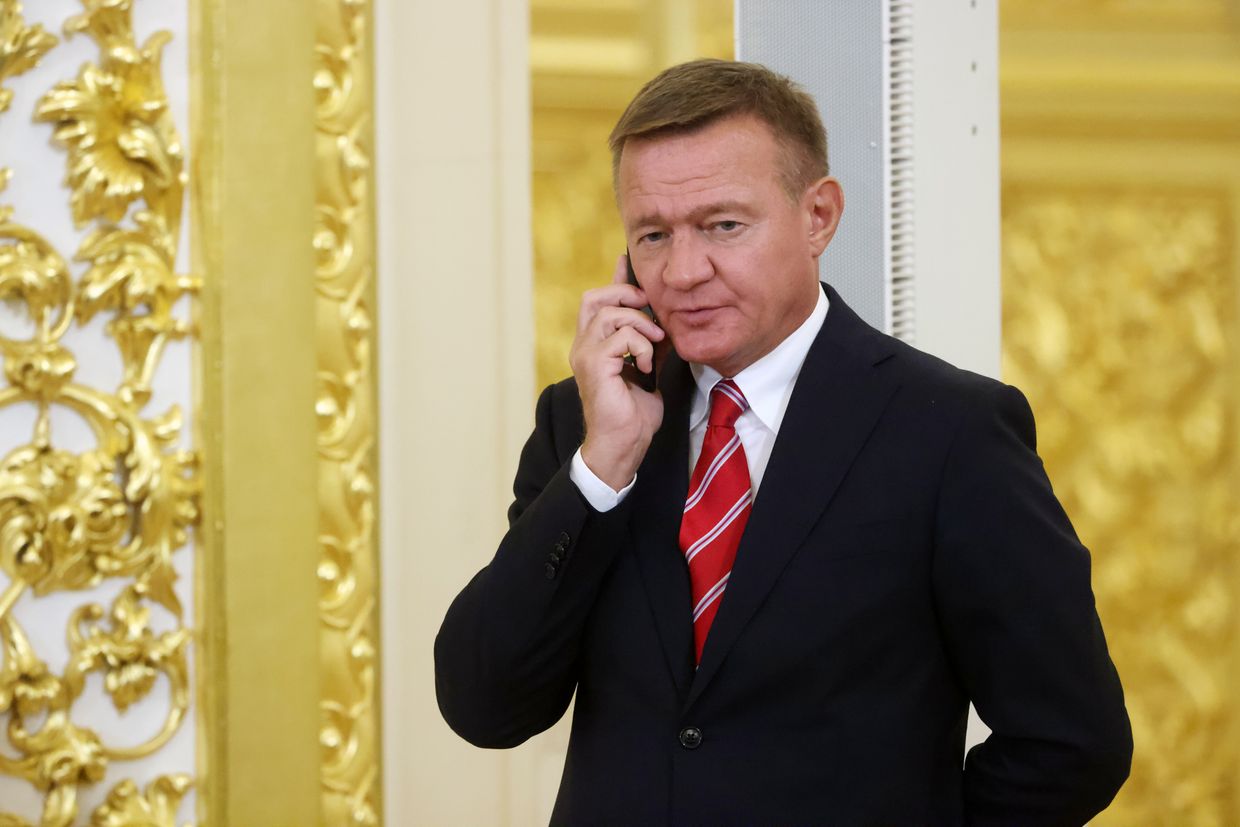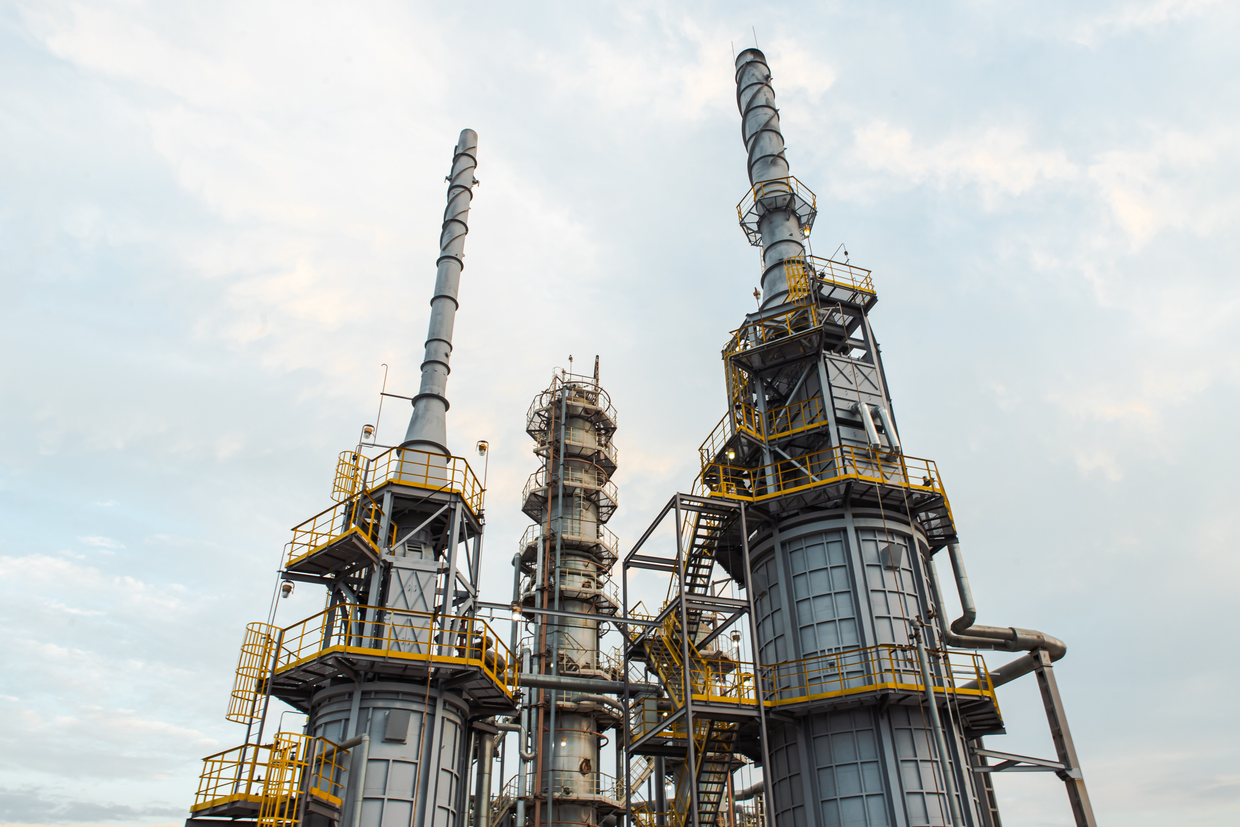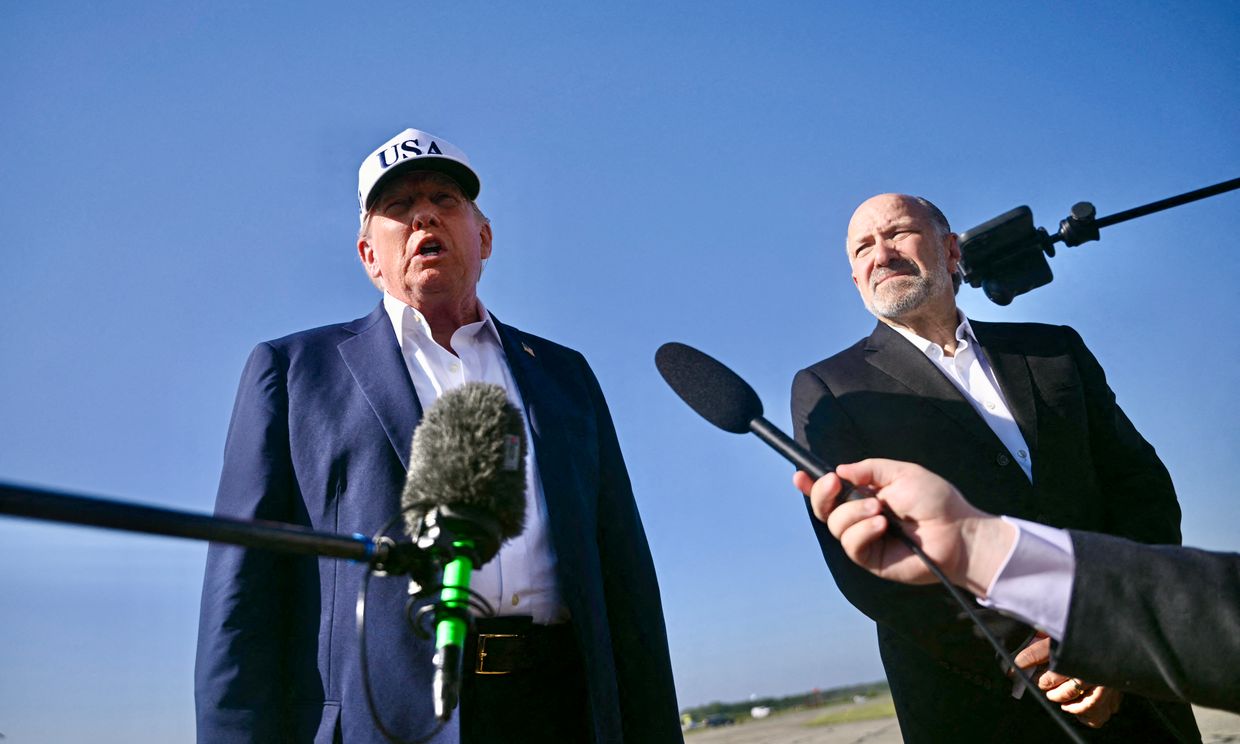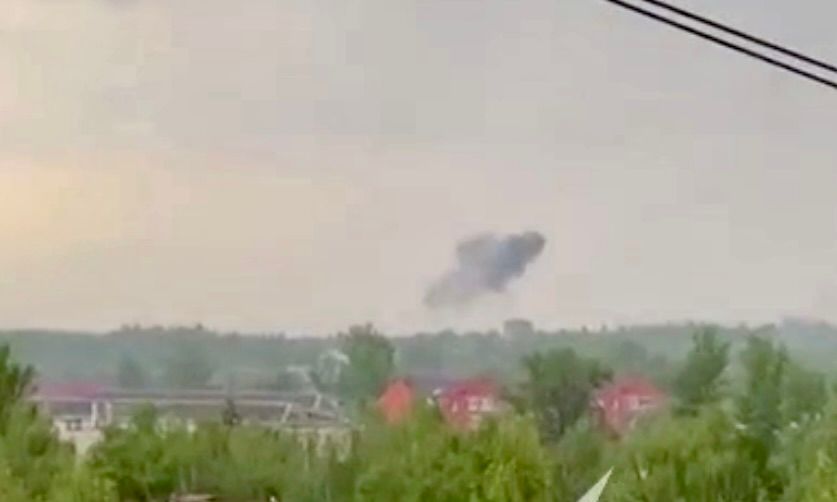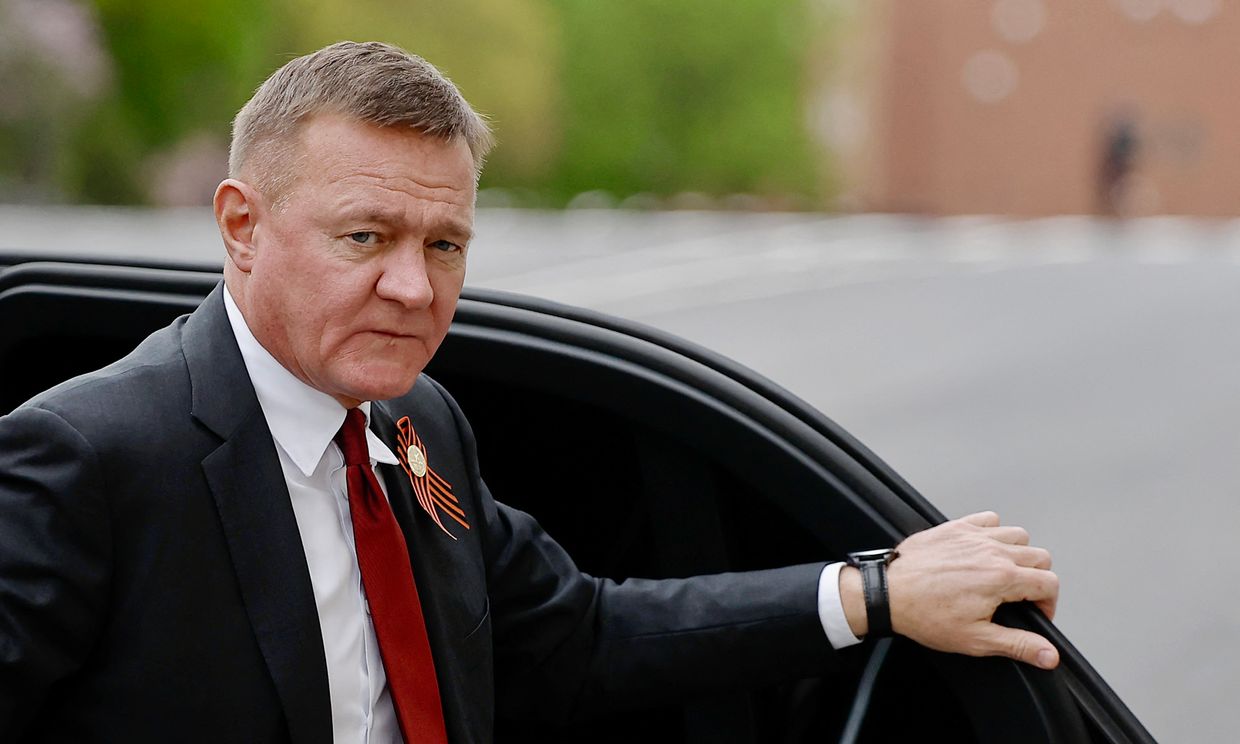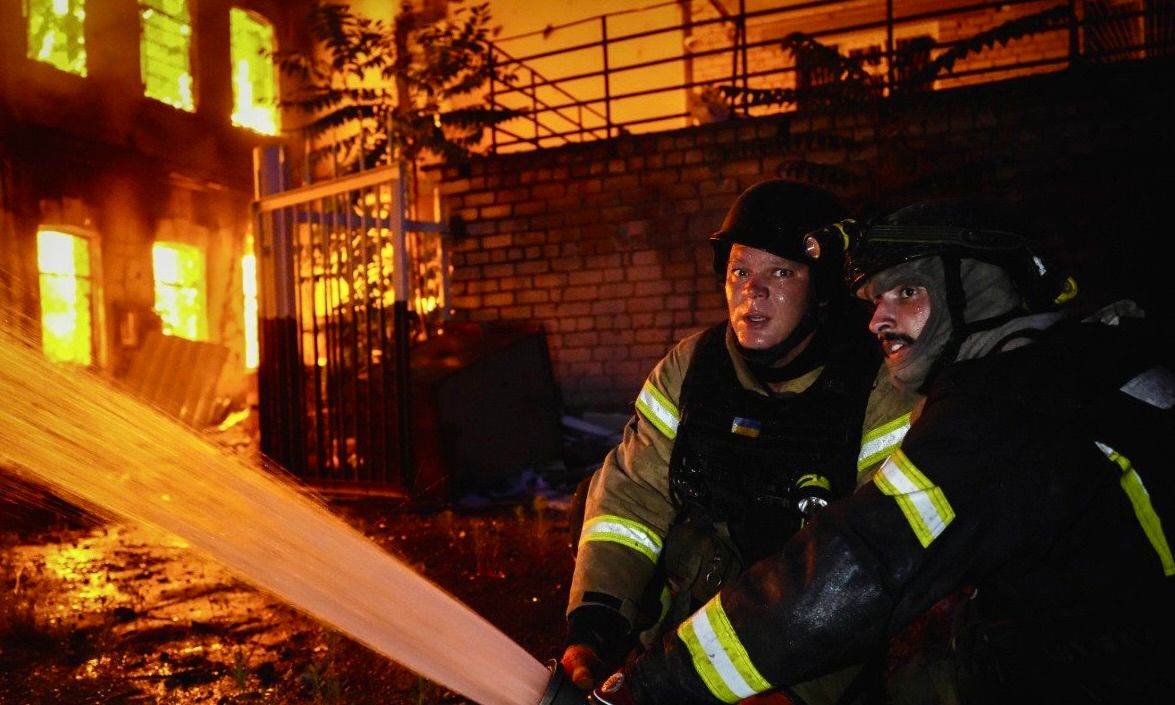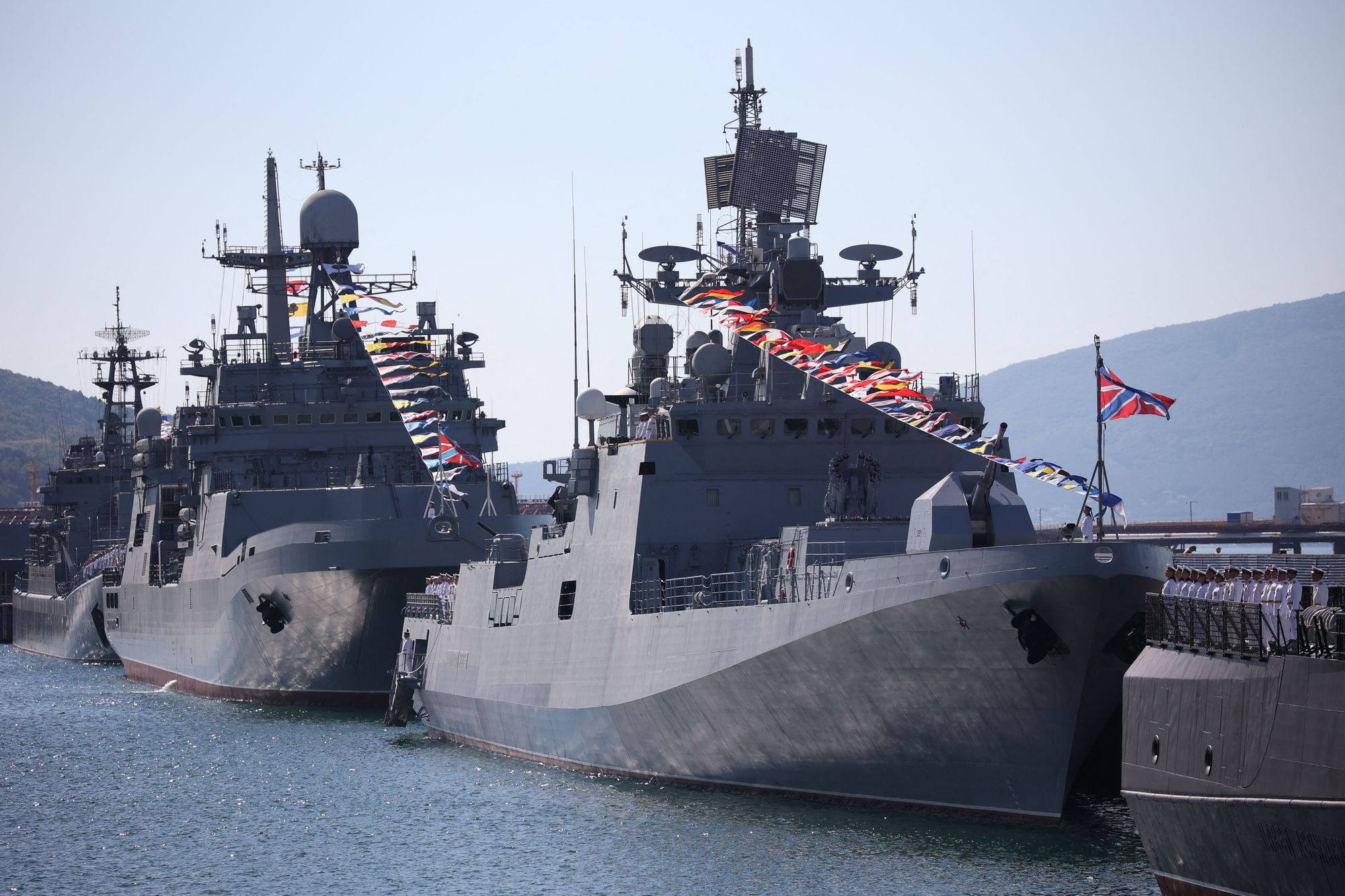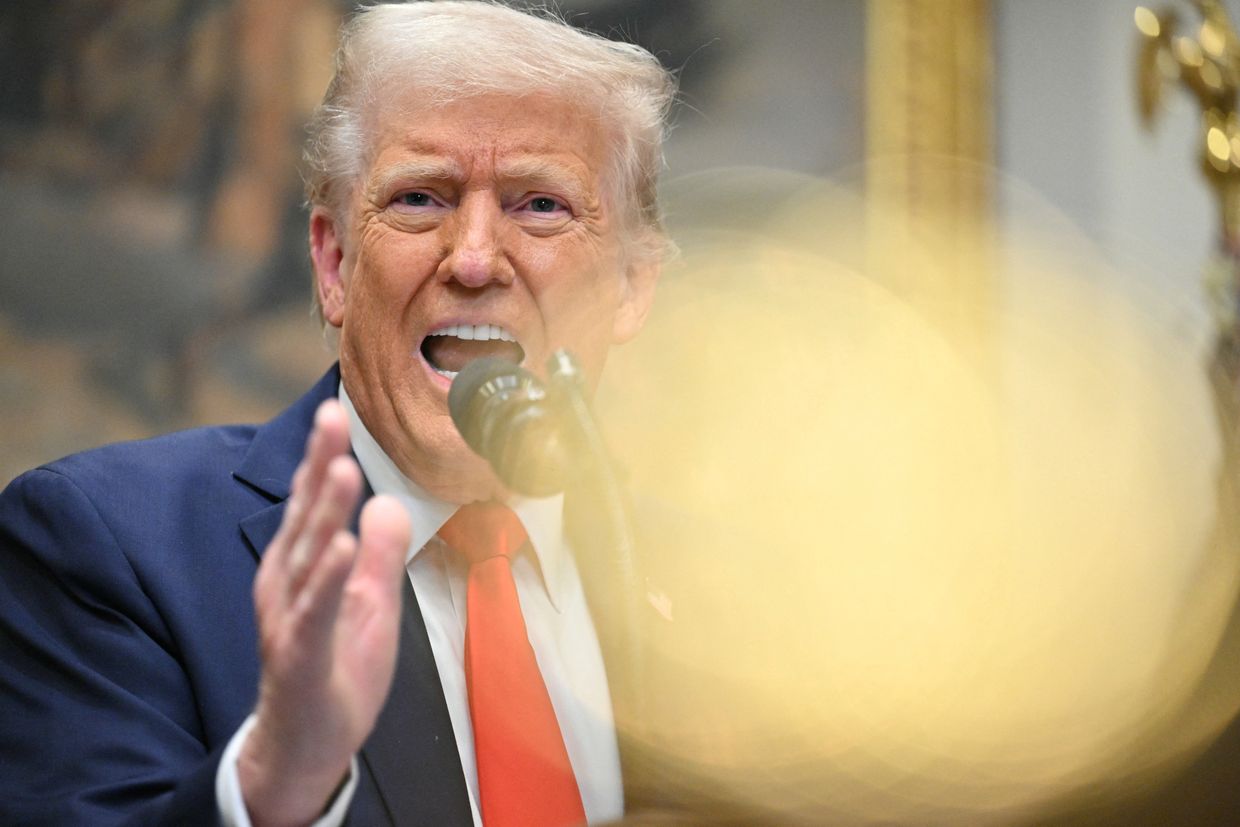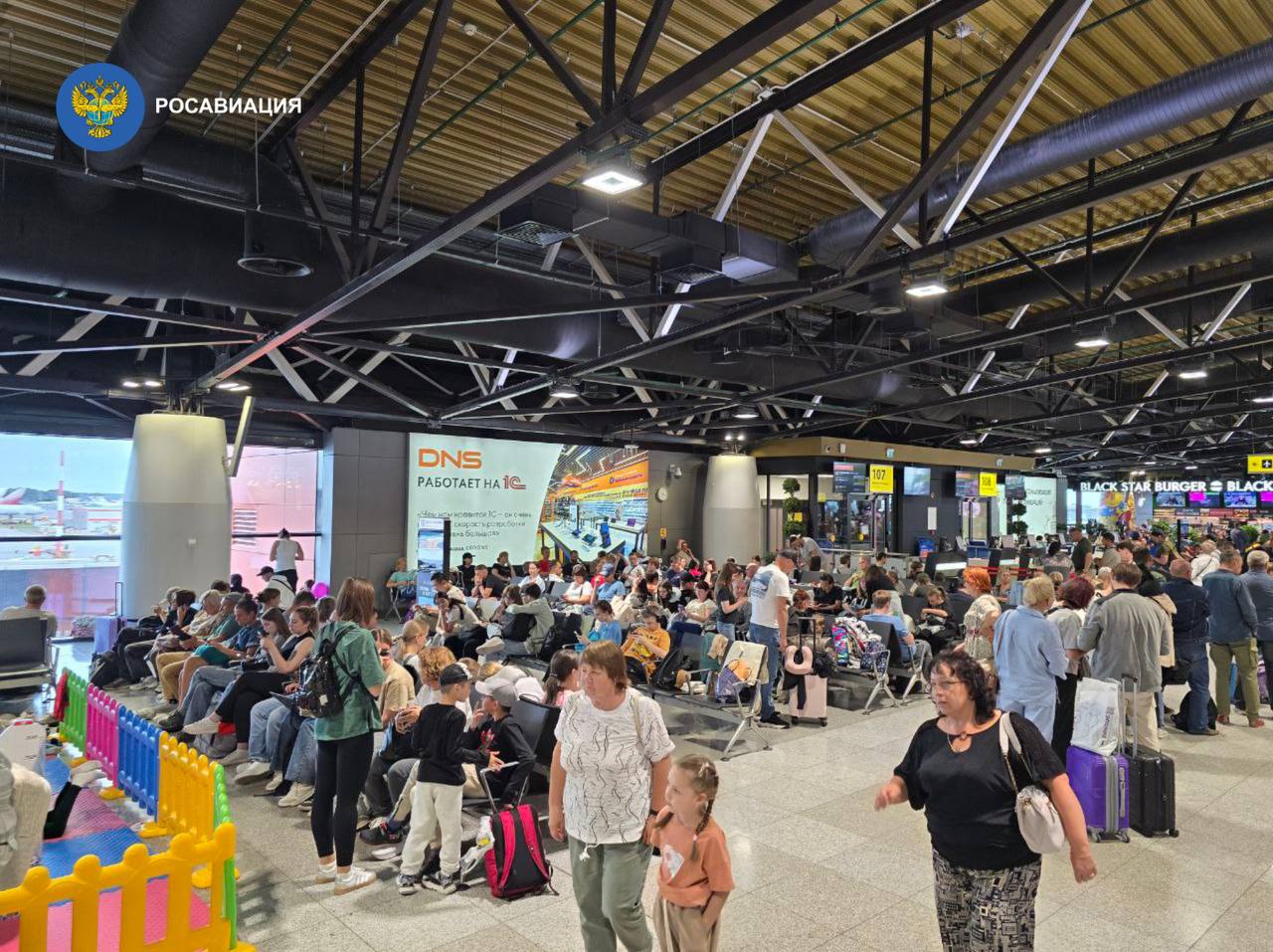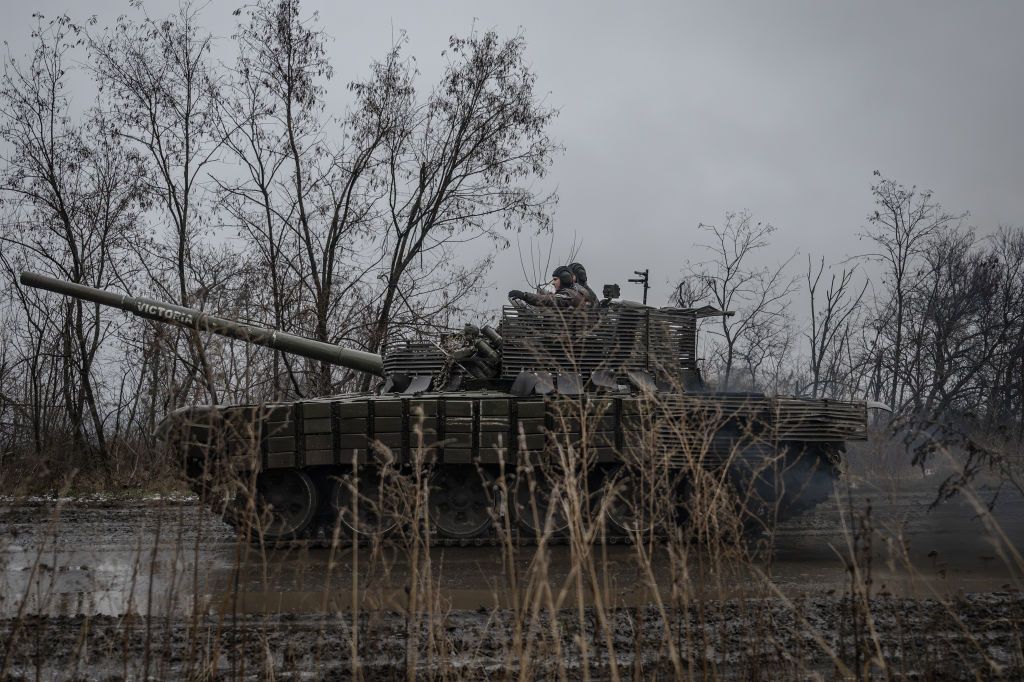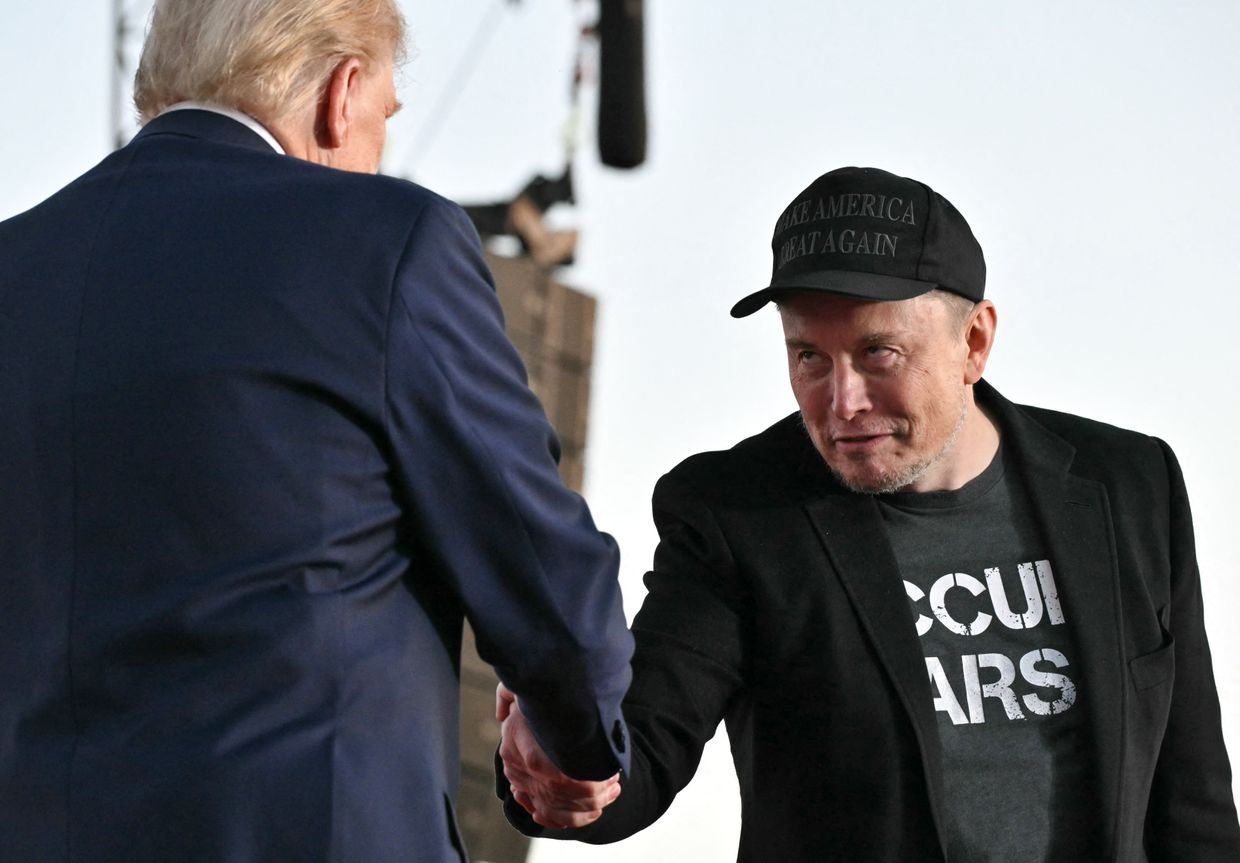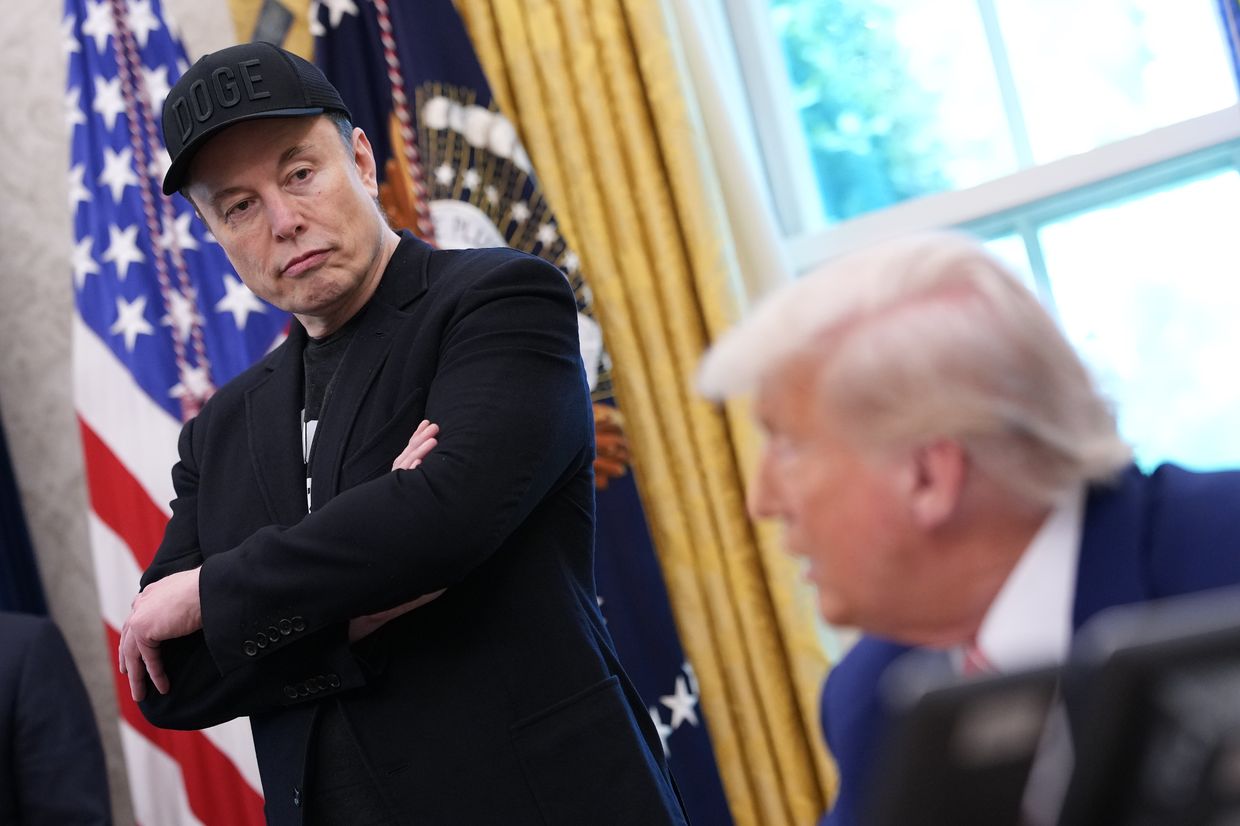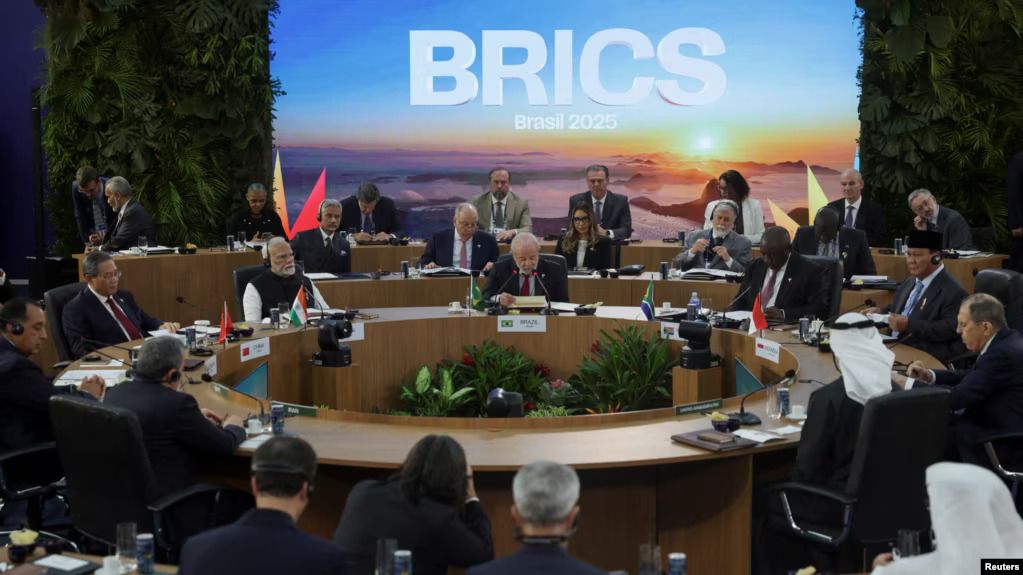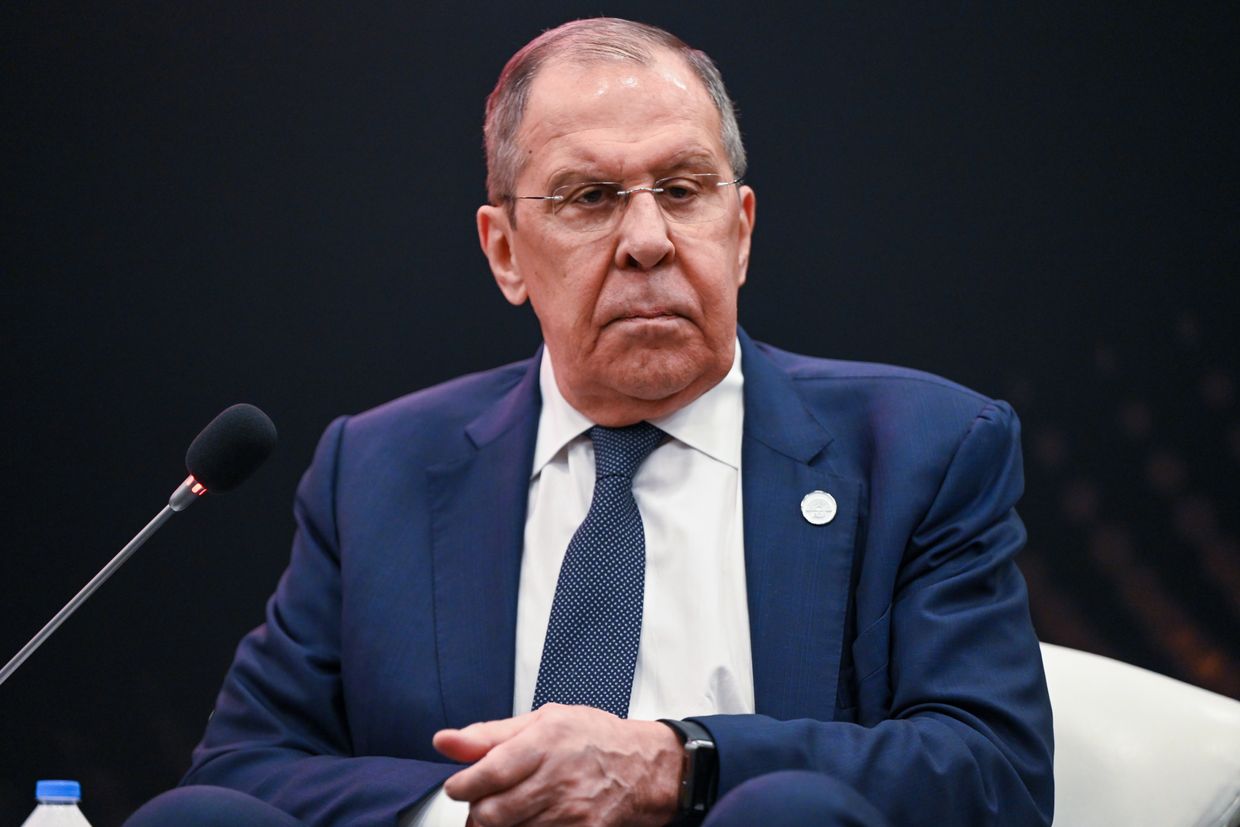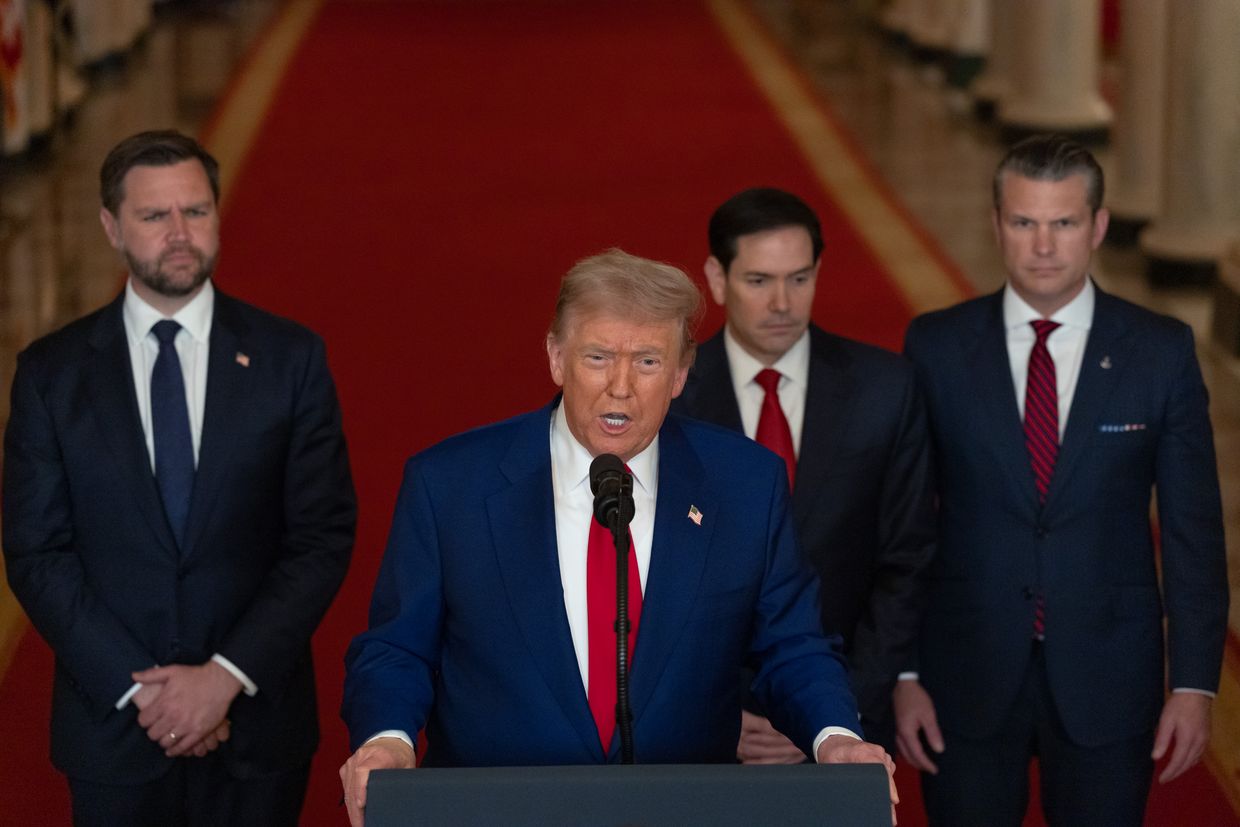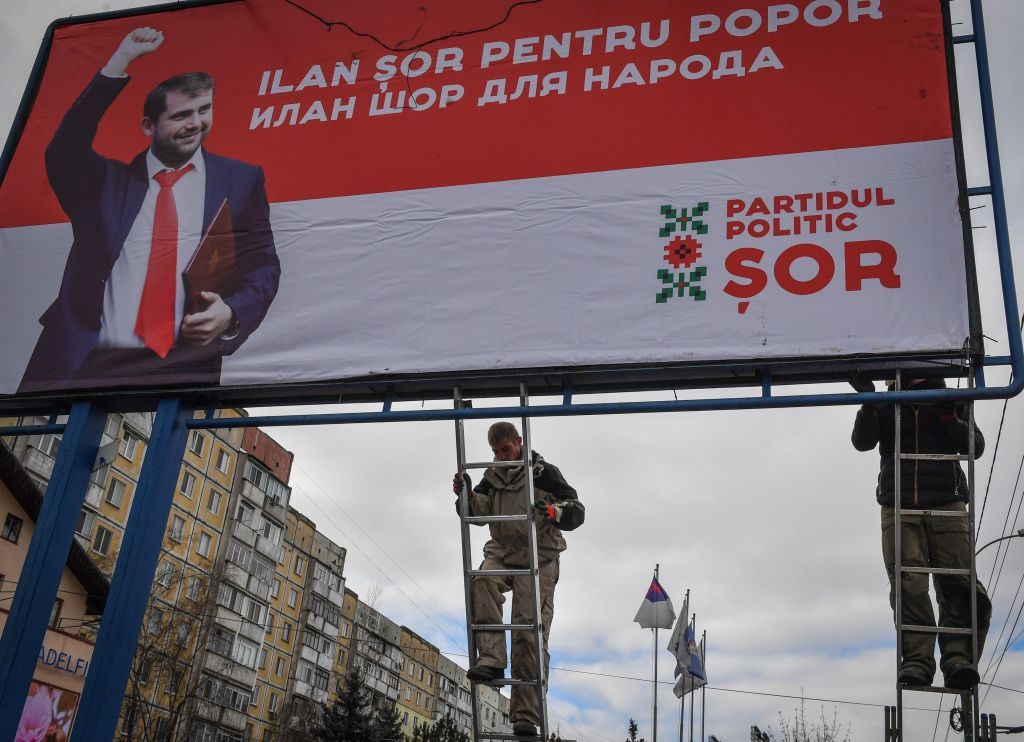EU mulls creating 100 billion euro fund for Ukraine in next budget, Bloomberg reports
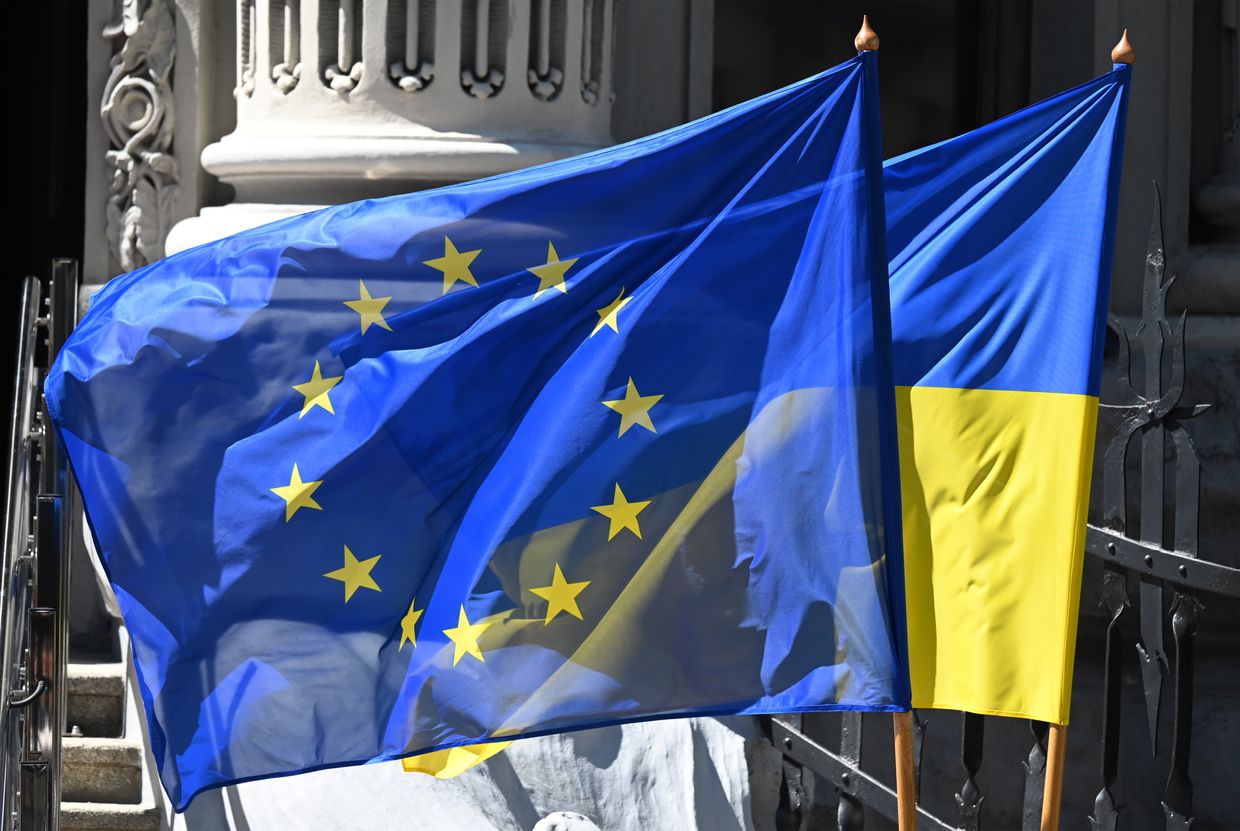
The European Union is considering establishing a fund for Ukraine worth 100 billion euros ($117 billion) in the next seven-year EU budget, Bloomberg reported on July 8, citing sources familiar with the proposal.
Sources told Bloomberg that the proposed funding, which is set to be presented later in July, would begin to be disbursed in 2028 as a means to provide additional assistance to the war-torn country amid waning U.S. support.
The proposal for an approximately 100 billion euro fund was previously touted by European Union Commissioner for Defense and Space, Andrius Kubilius, who called for the additional funding to be included in the seven-year EU budget in December 2024.
The fund, alongside other options, will be discussed before the Multiannual Financial Framework are released on July 16, according to Bloomberg.
Early in his second term as president, U.S. President Donald Trump repeatedly lambasted the EU for not providing an equal amount of support for Ukraine, urging the bloc to match spending on the war.
Since then, U.S. military and financial support have become unreliable, with contradictory statements coming out of the White House on additional military shipments in recent days.
On July 2 announced a halt in weapons shipments to Kyiv due to dwindling U.S. stockpiles, Trump later claimed he wasn't responsible for the decision and wanted to send more weapons to Ukraine.
Axios reported on July 8 that the White House is pursuing a plan to have Germany sell another Patriot battery to Ukraine, with the U.S. and European allies splitting the cost of the purchase. Sources told the outlet that Trump also pledged to send 10 Patriot interceptor missiles to Kyiv.
As support from the U.S. remains unpredictable, European countries are looking into additional ways to how it can continue to support Ukraine.
The proposed new funding agreement would follow previous support provided through the European Commission through grants and loans.
Since the start of Russia's full-scale invasion in February 2022, the EU has provided 160 billion euros ($187 billion) in aid to Ukraine. Along with Group of Seven (G7) countries, the EU has also provided loans as part of its $50 billion loan back by frozen Russian assets.
As Ukraine's budget deficit continues to grow amid the full-scale war, the European Commission is also discussing with EU member states separate options to help Kyiv sustain its economy, the Financial Times reported on July 8. The deficit could range from $8 billion to $19 billion in 2026.
 The Kyiv IndependentYana Prots
The Kyiv IndependentYana Prots